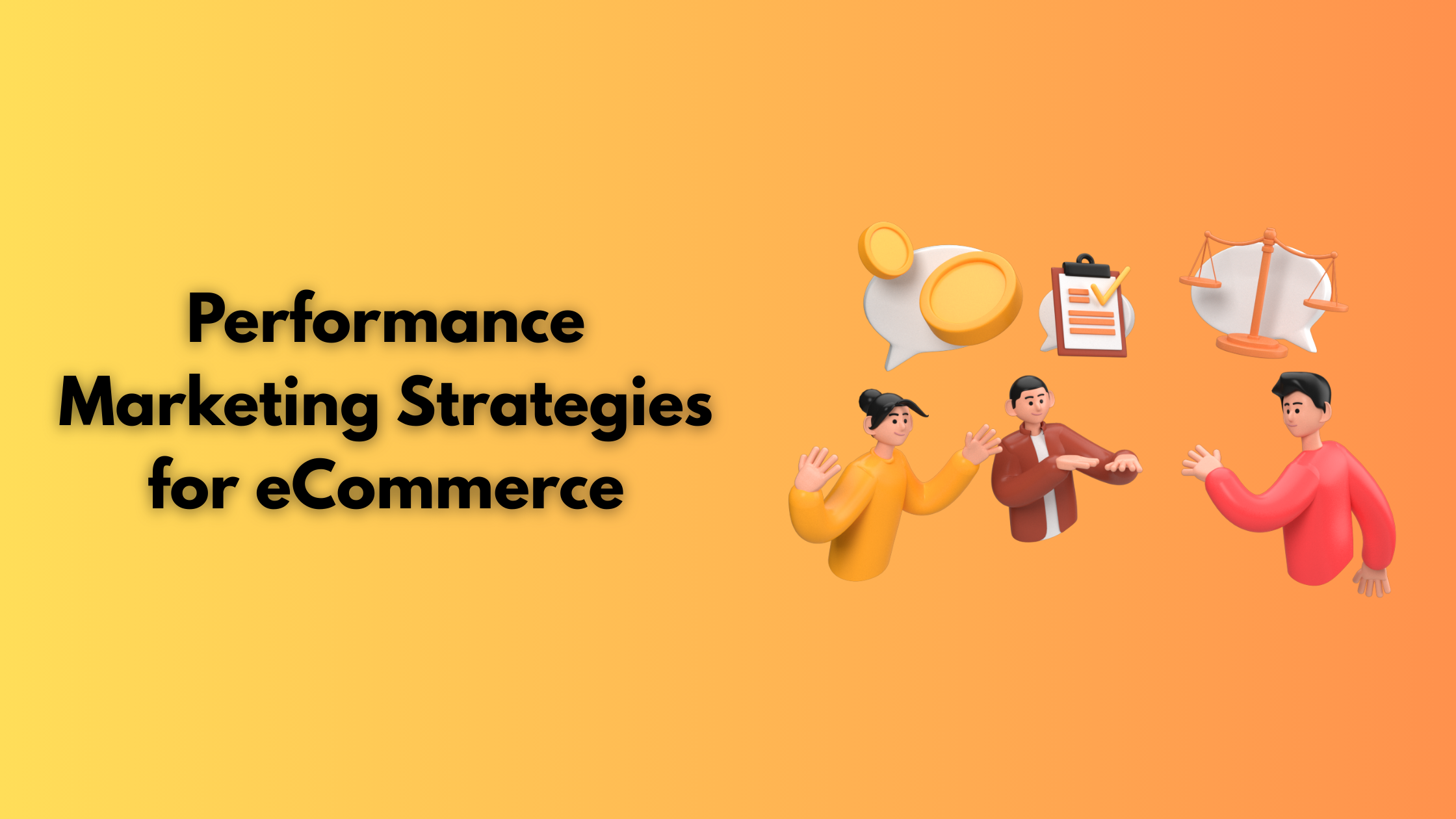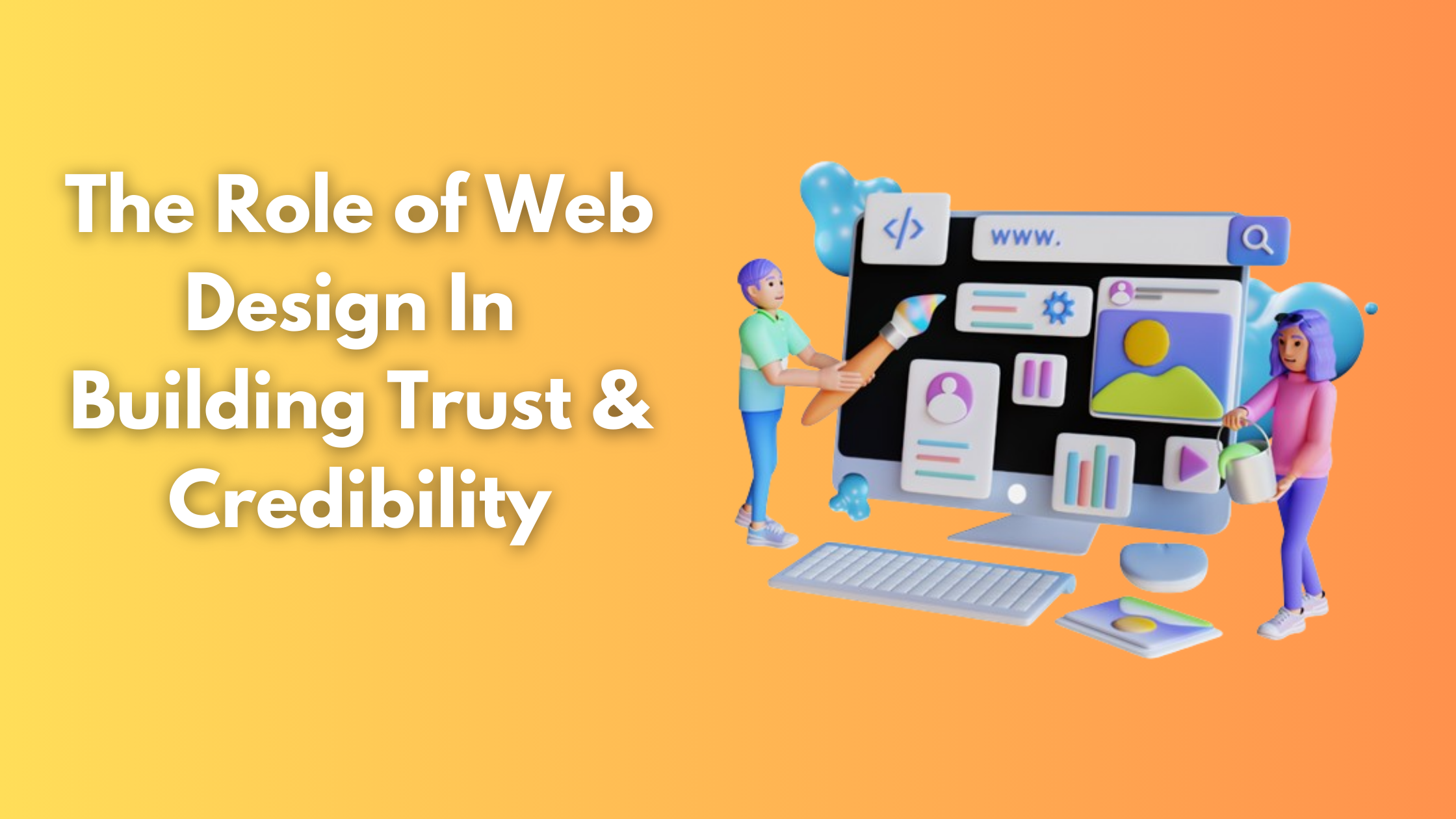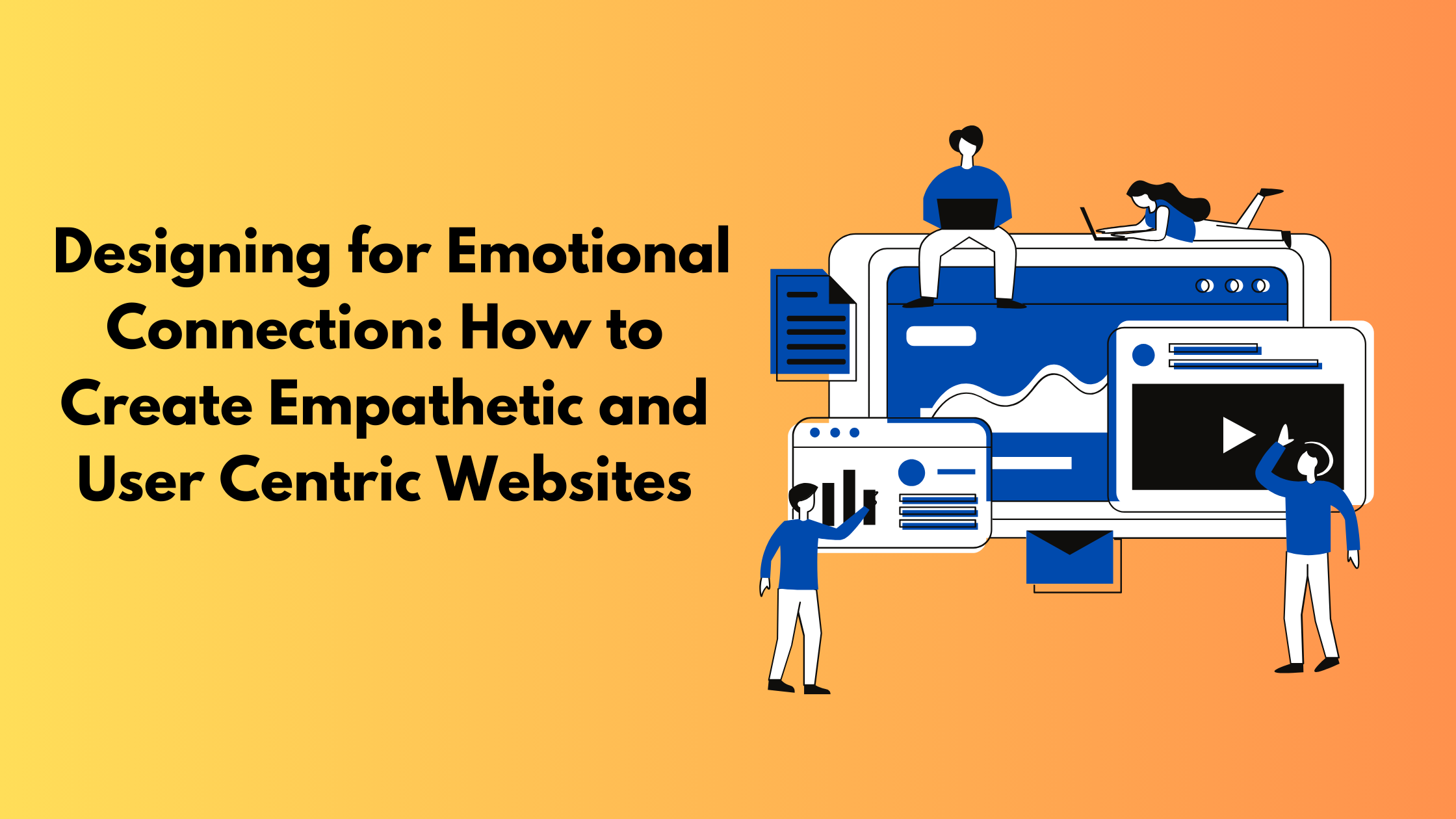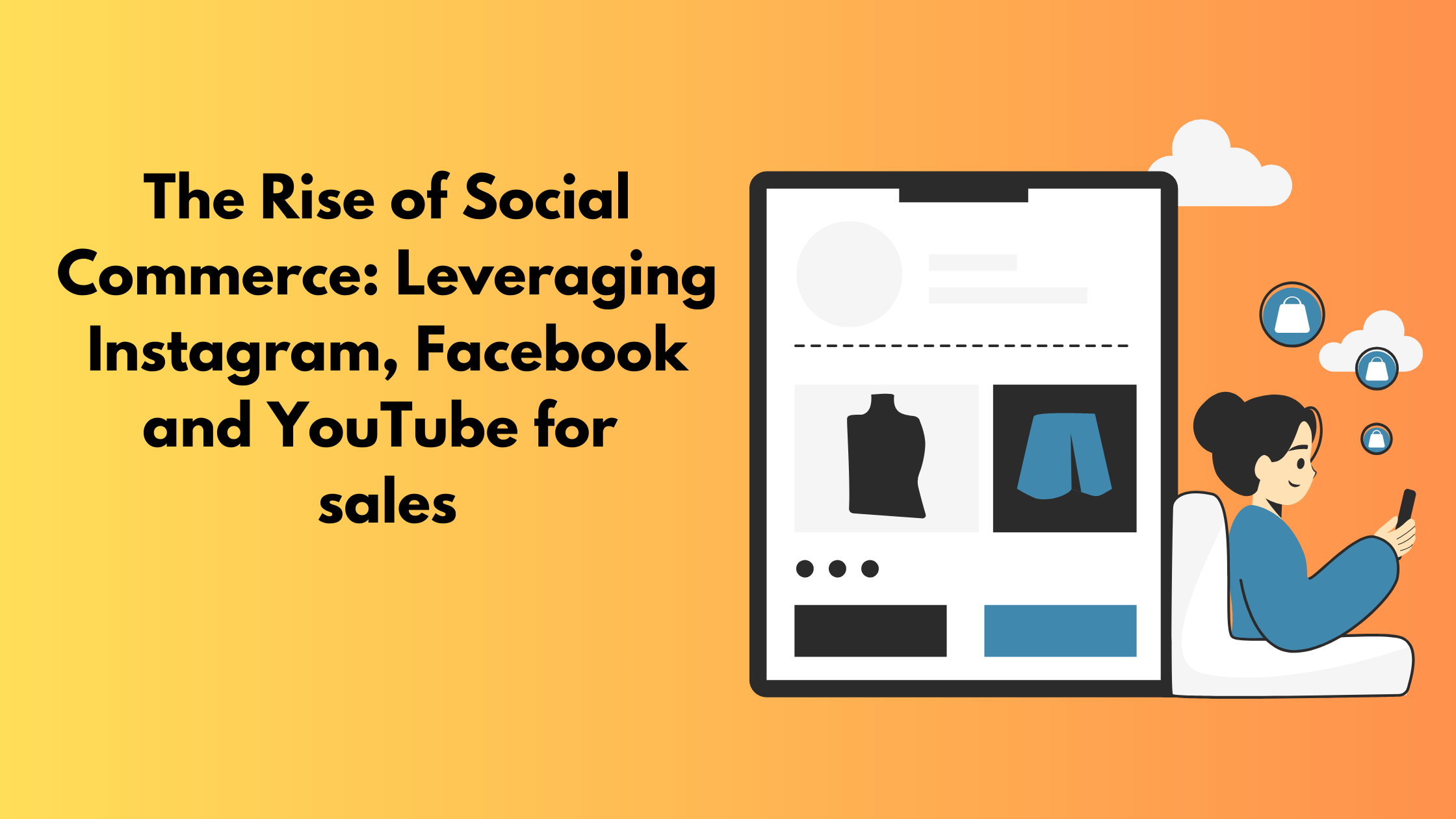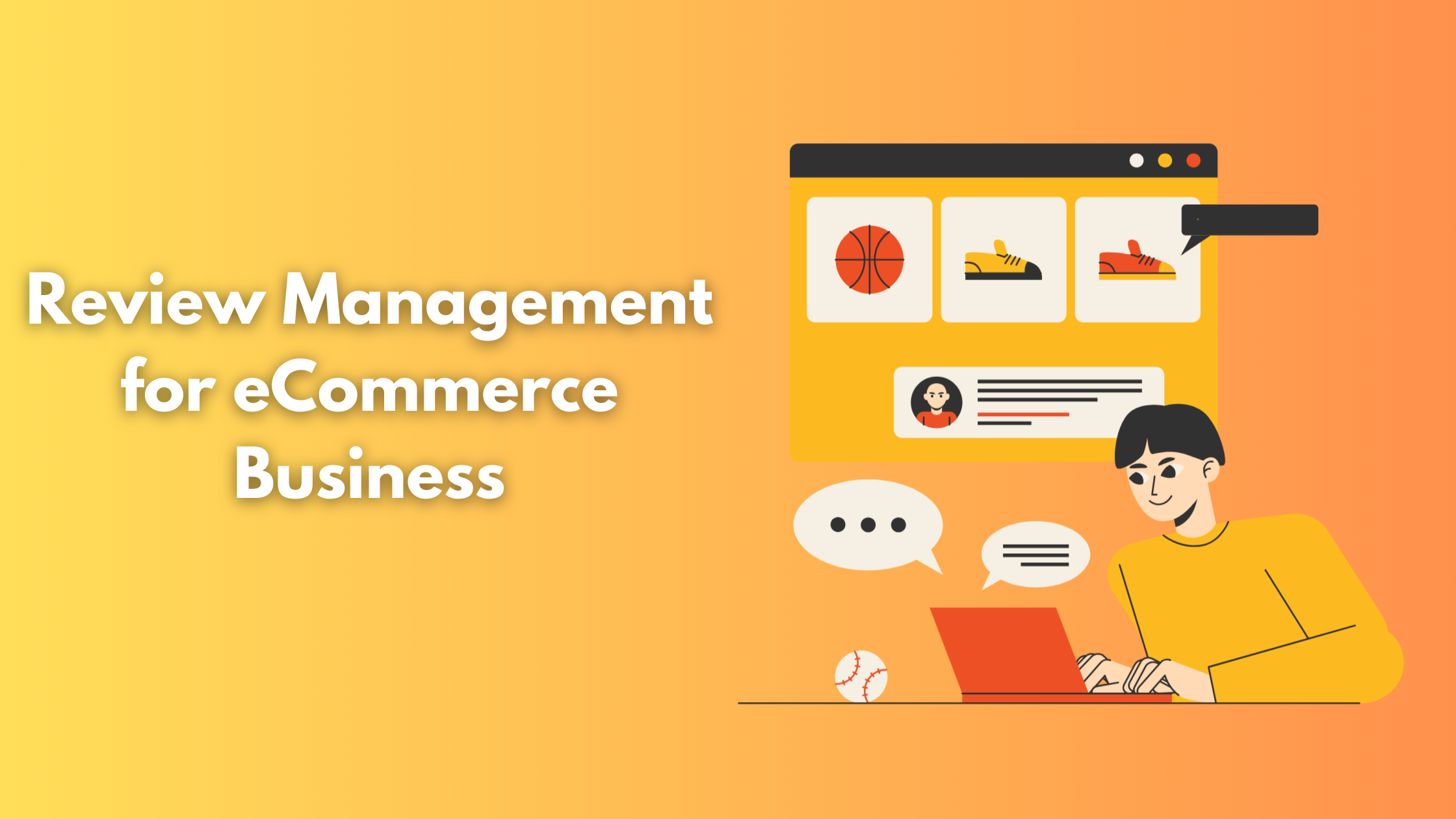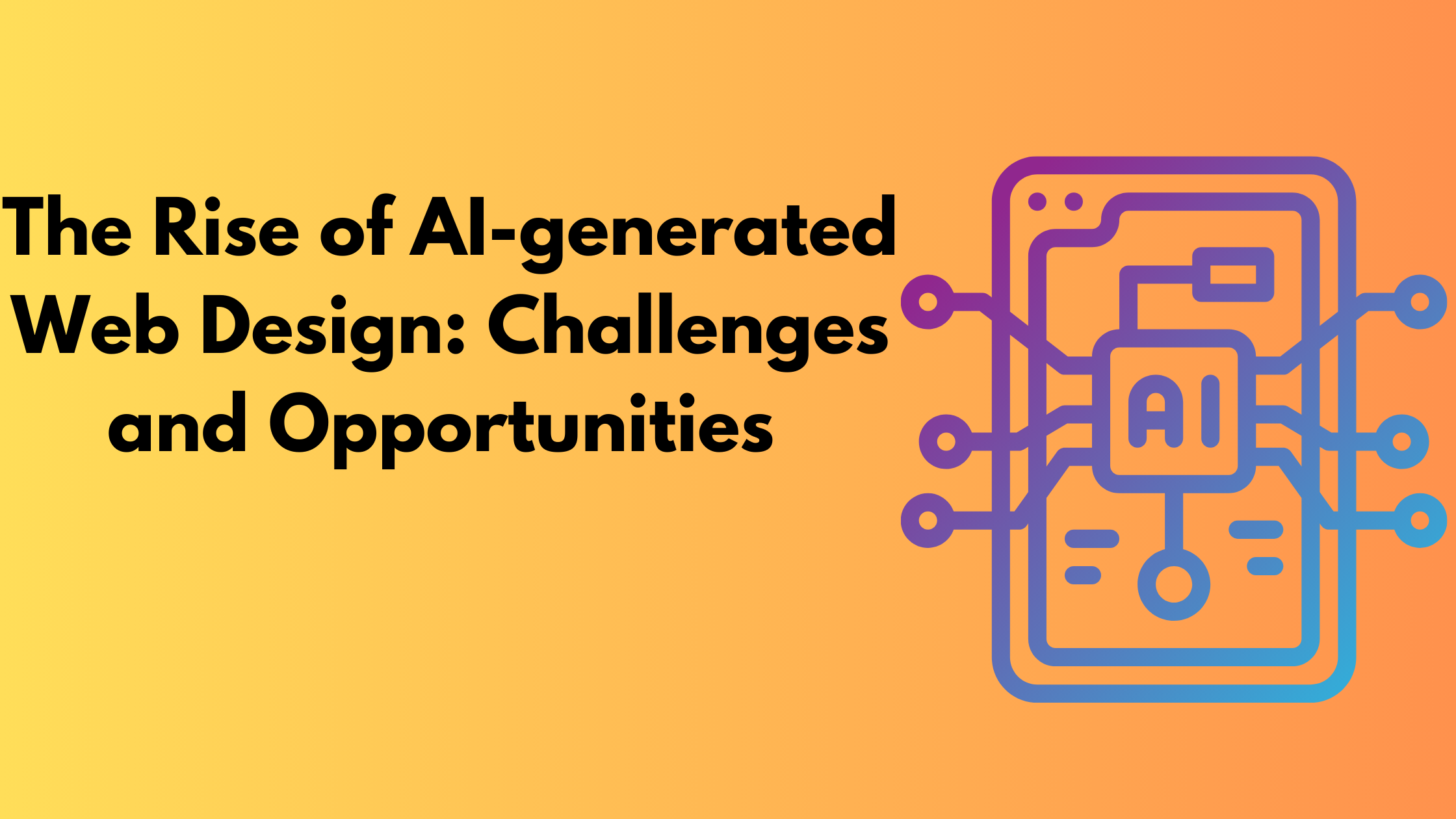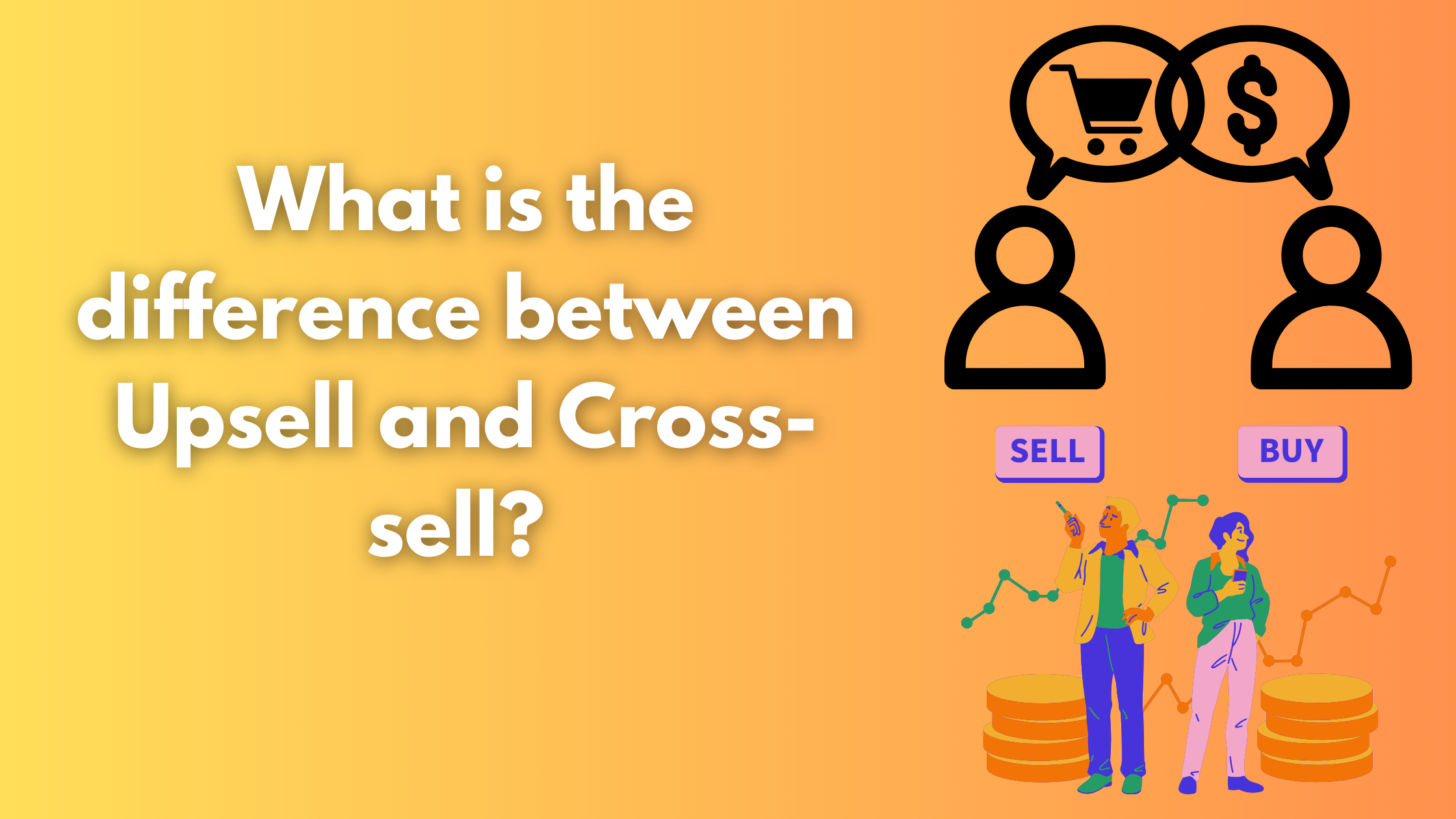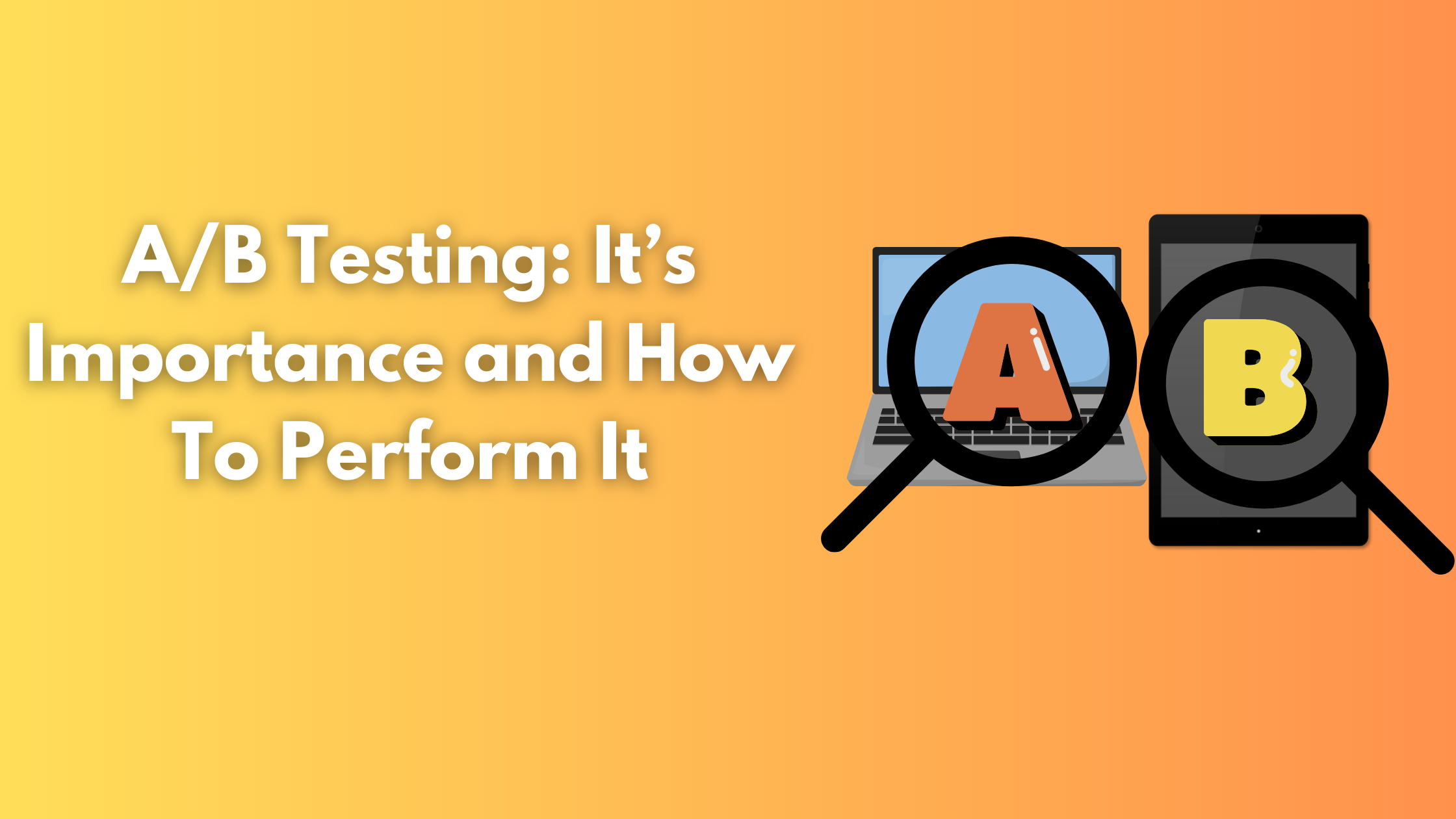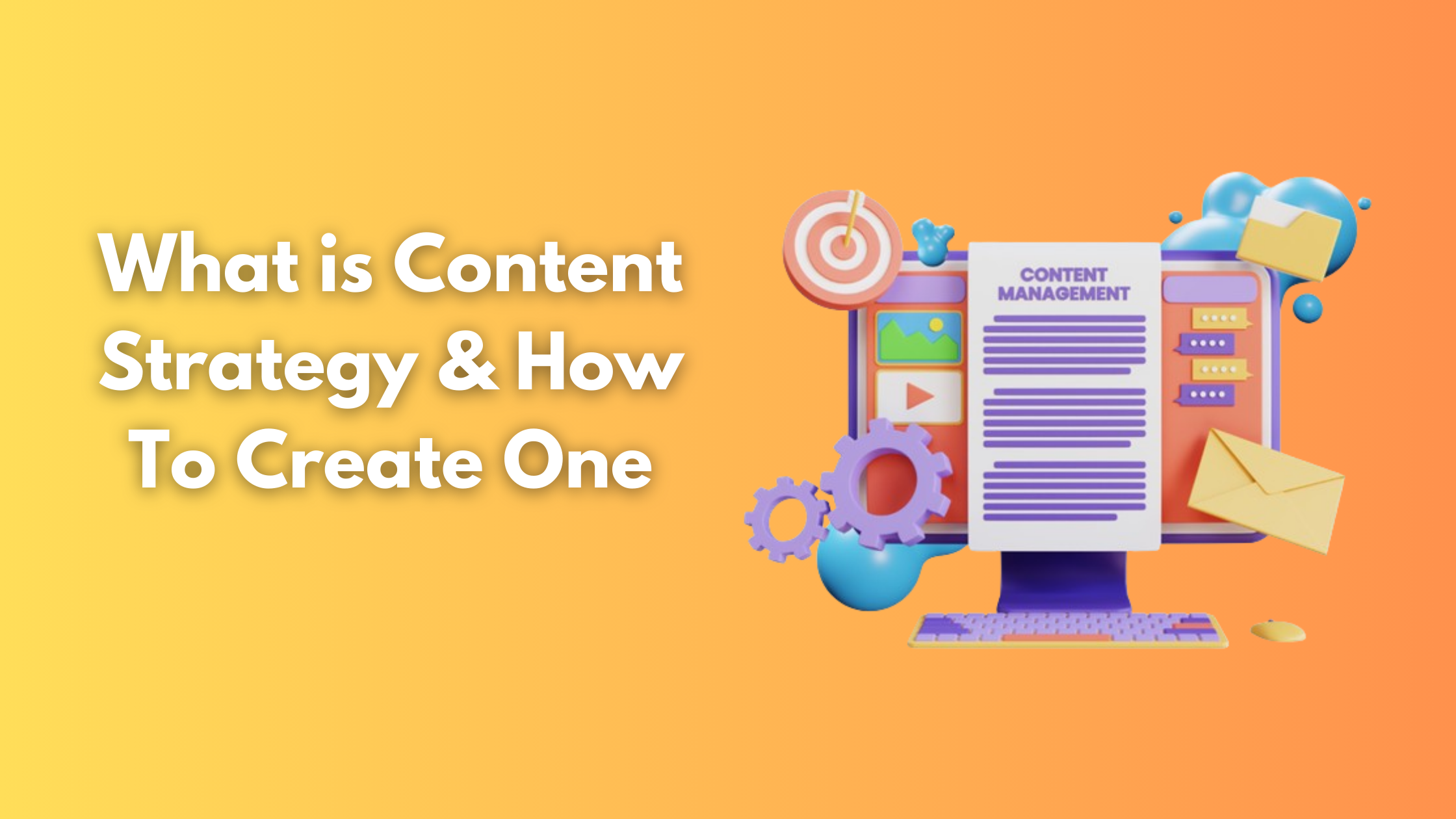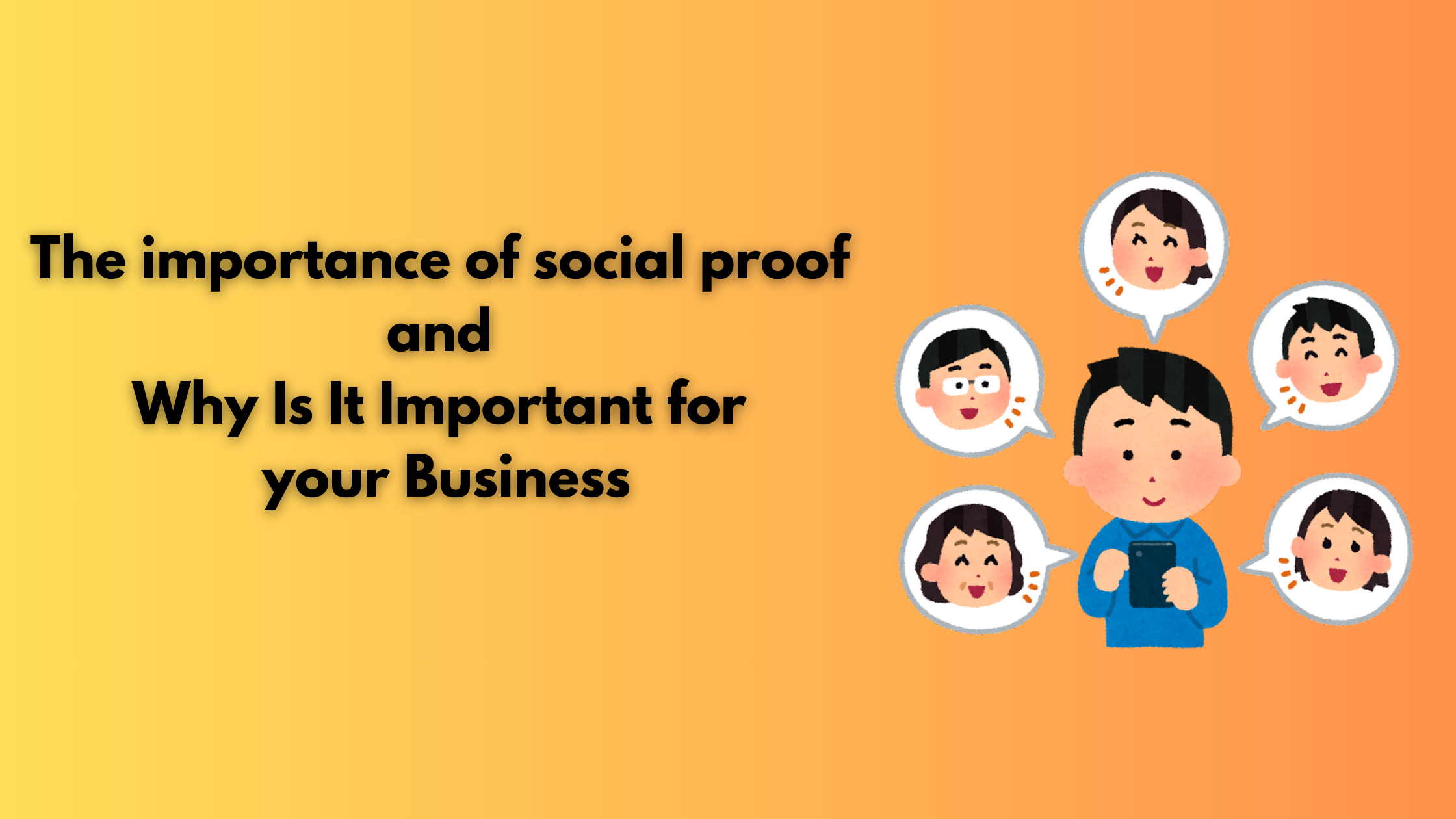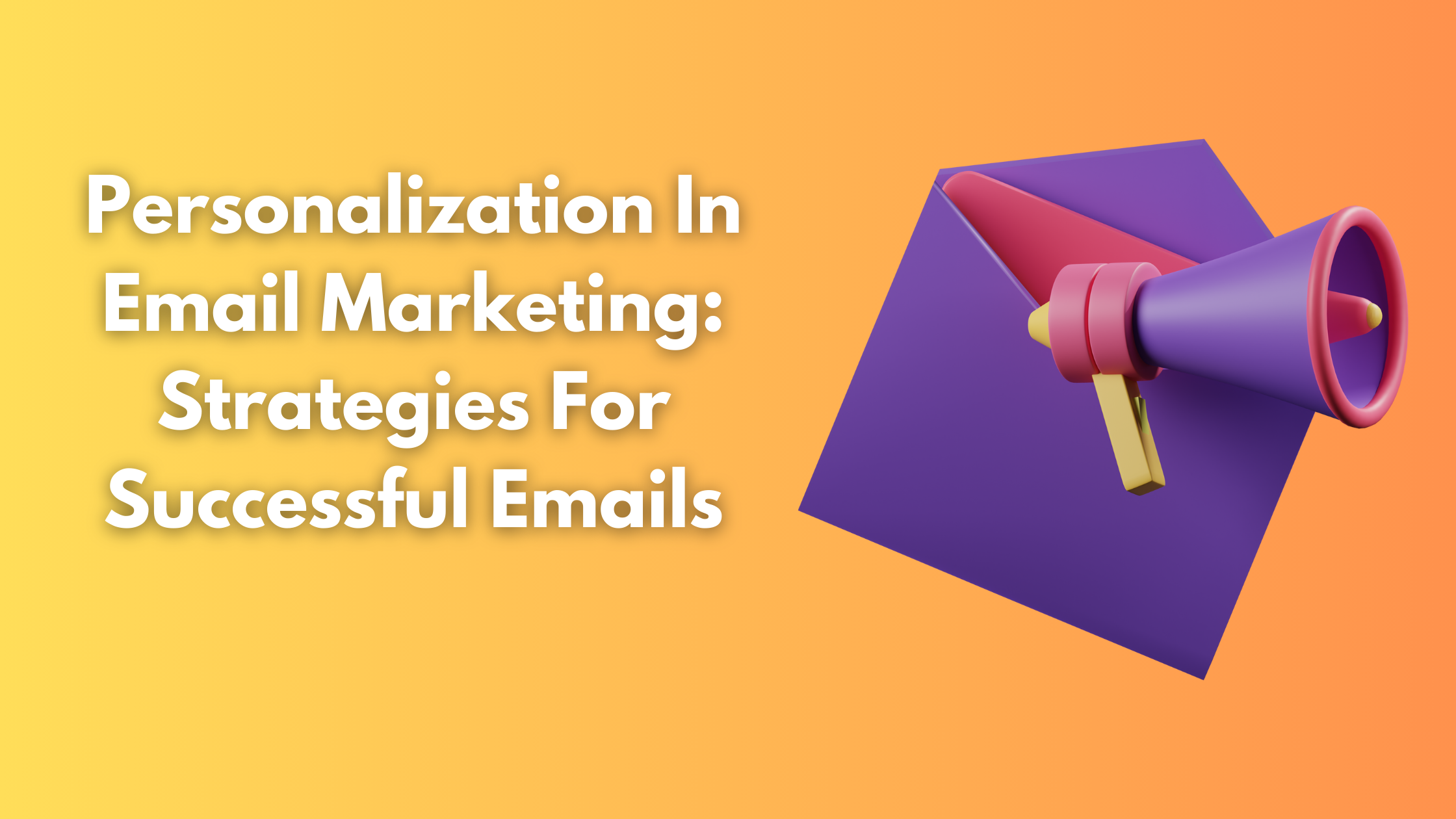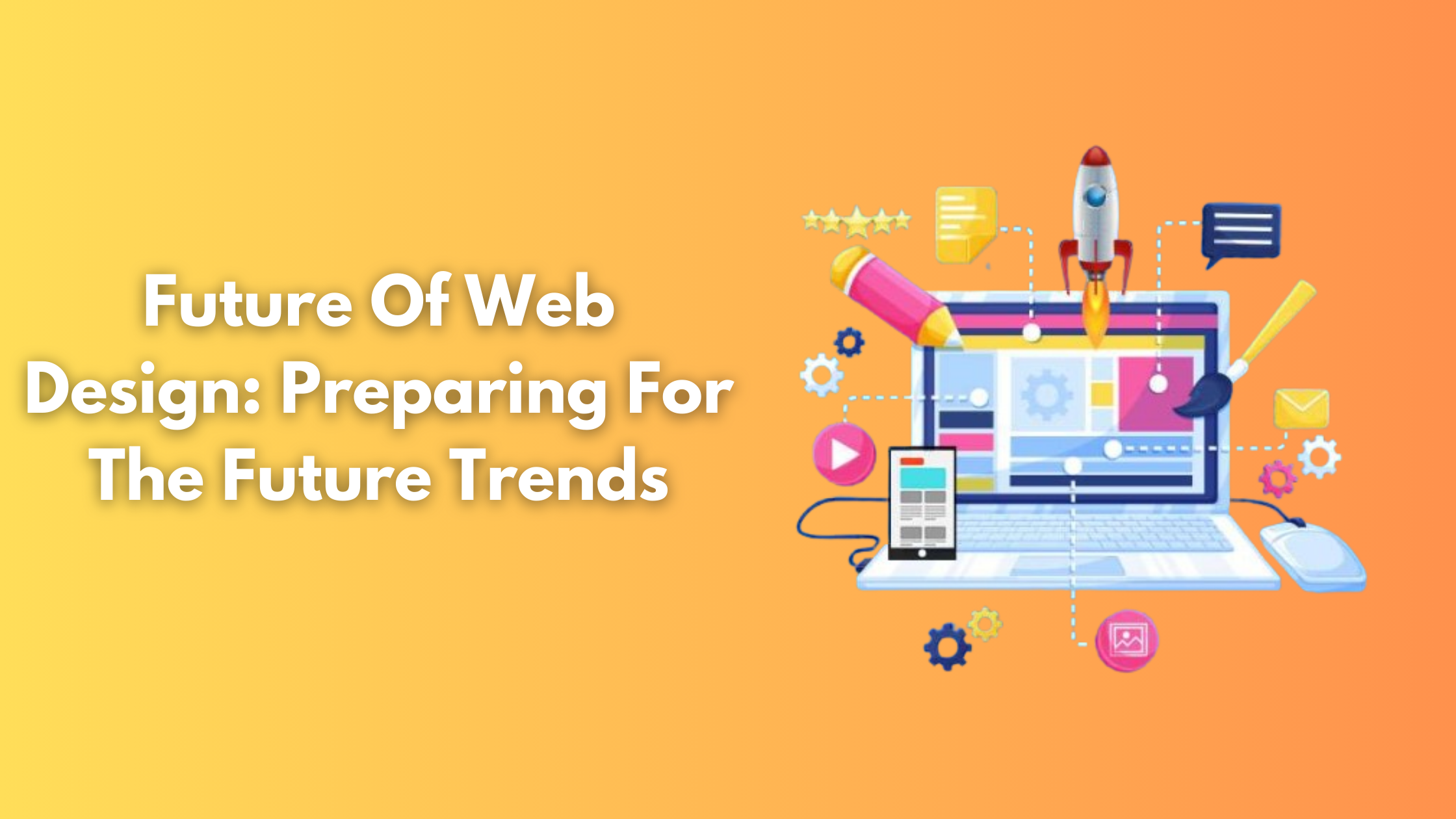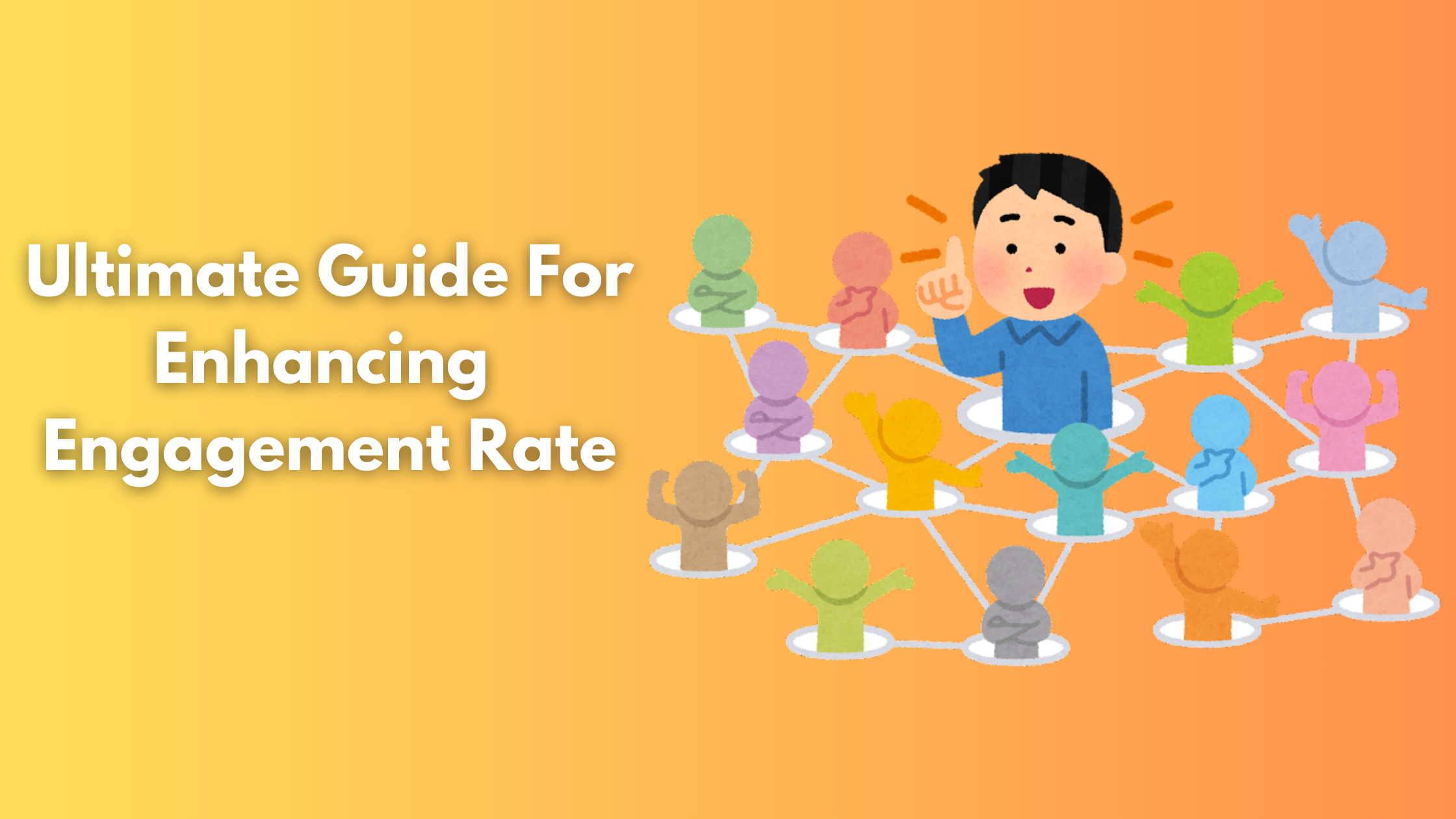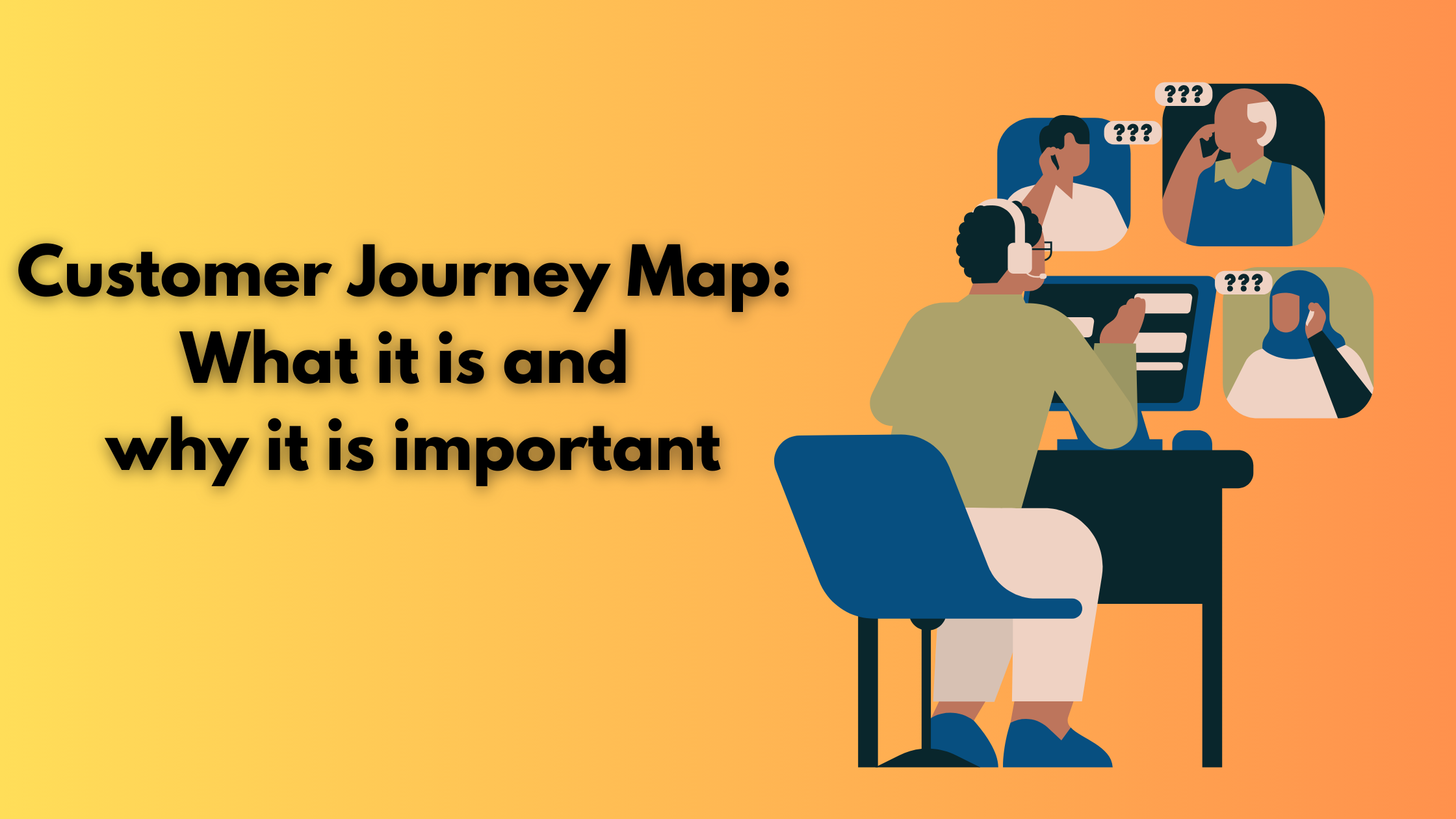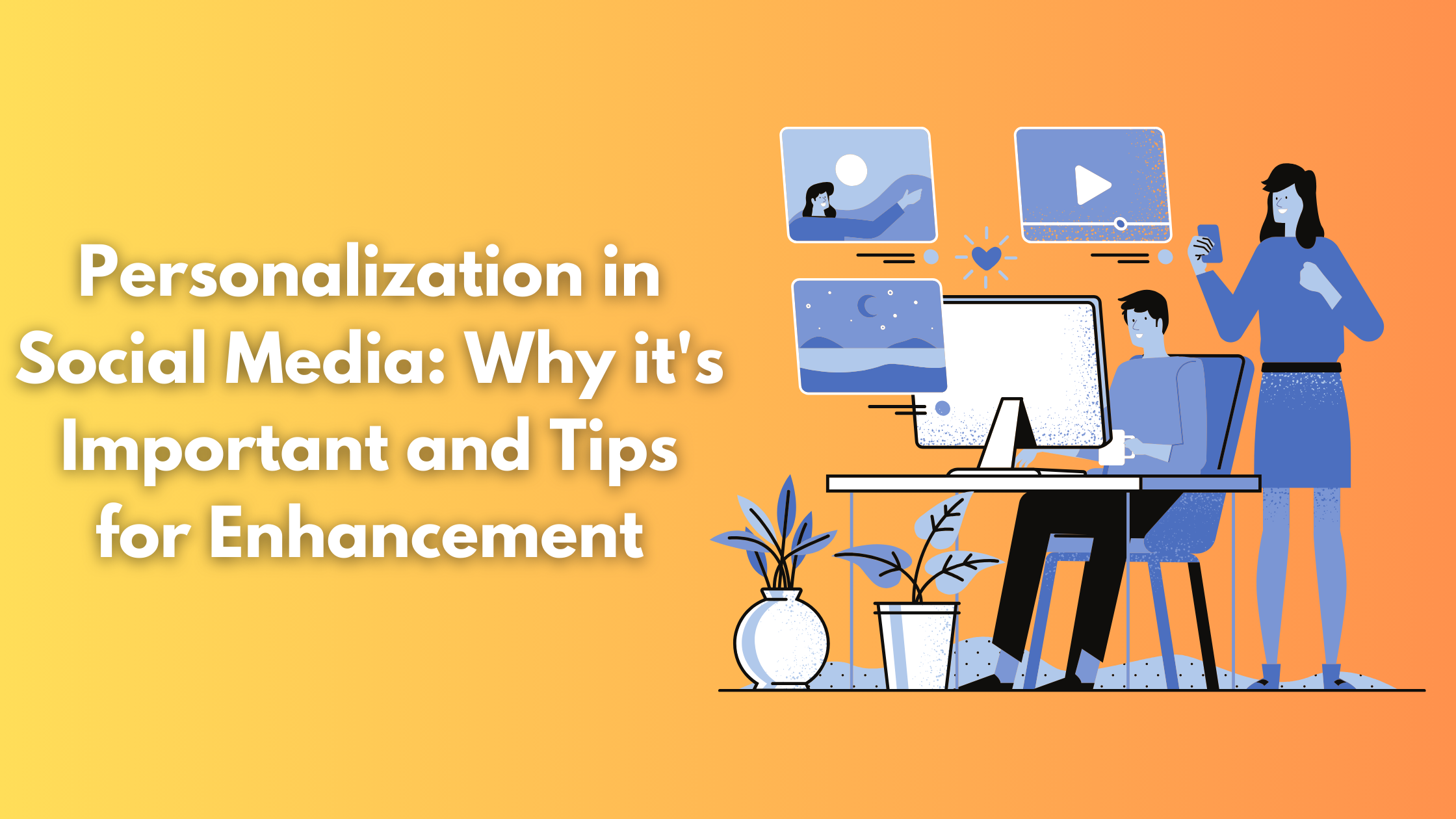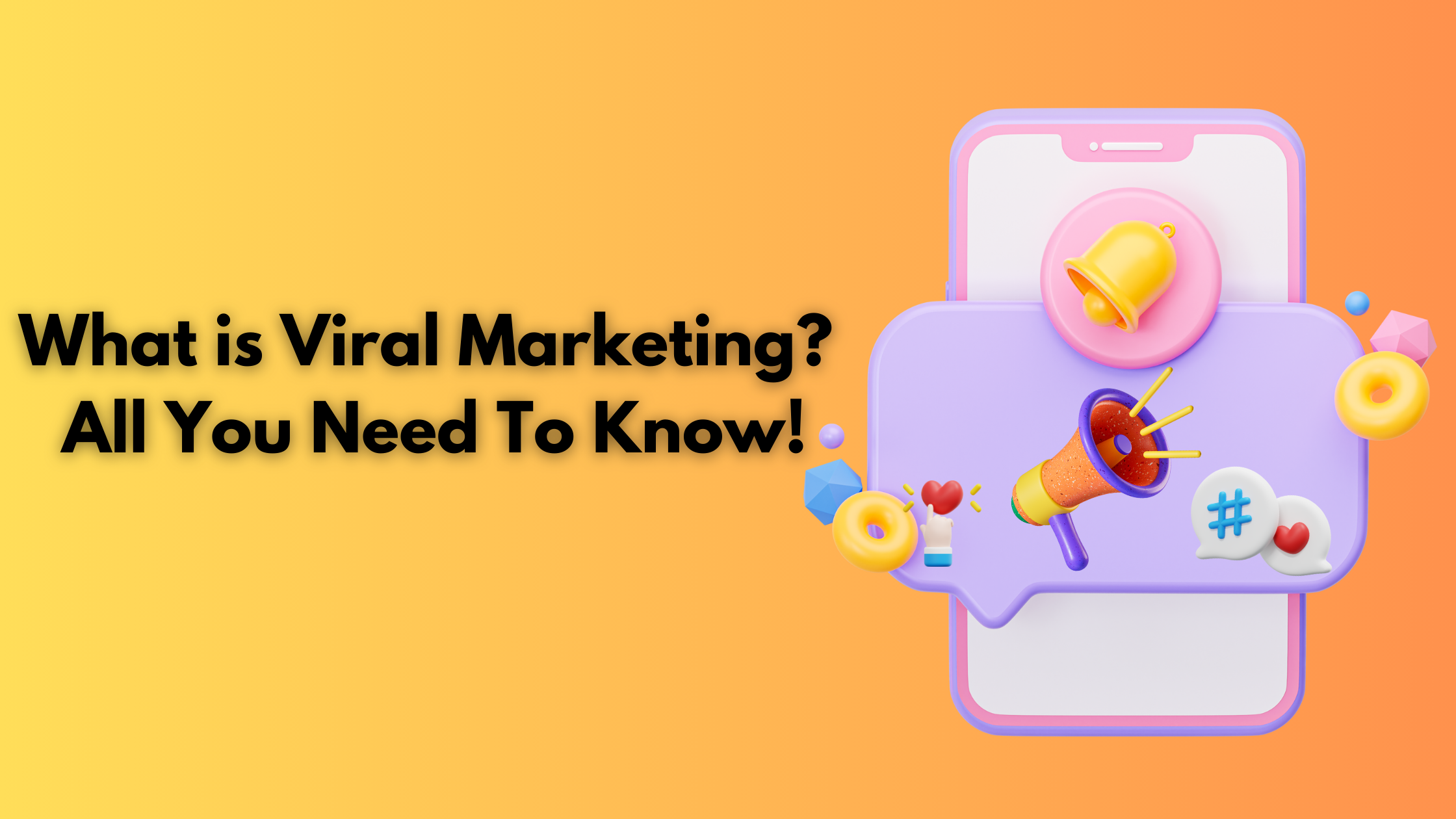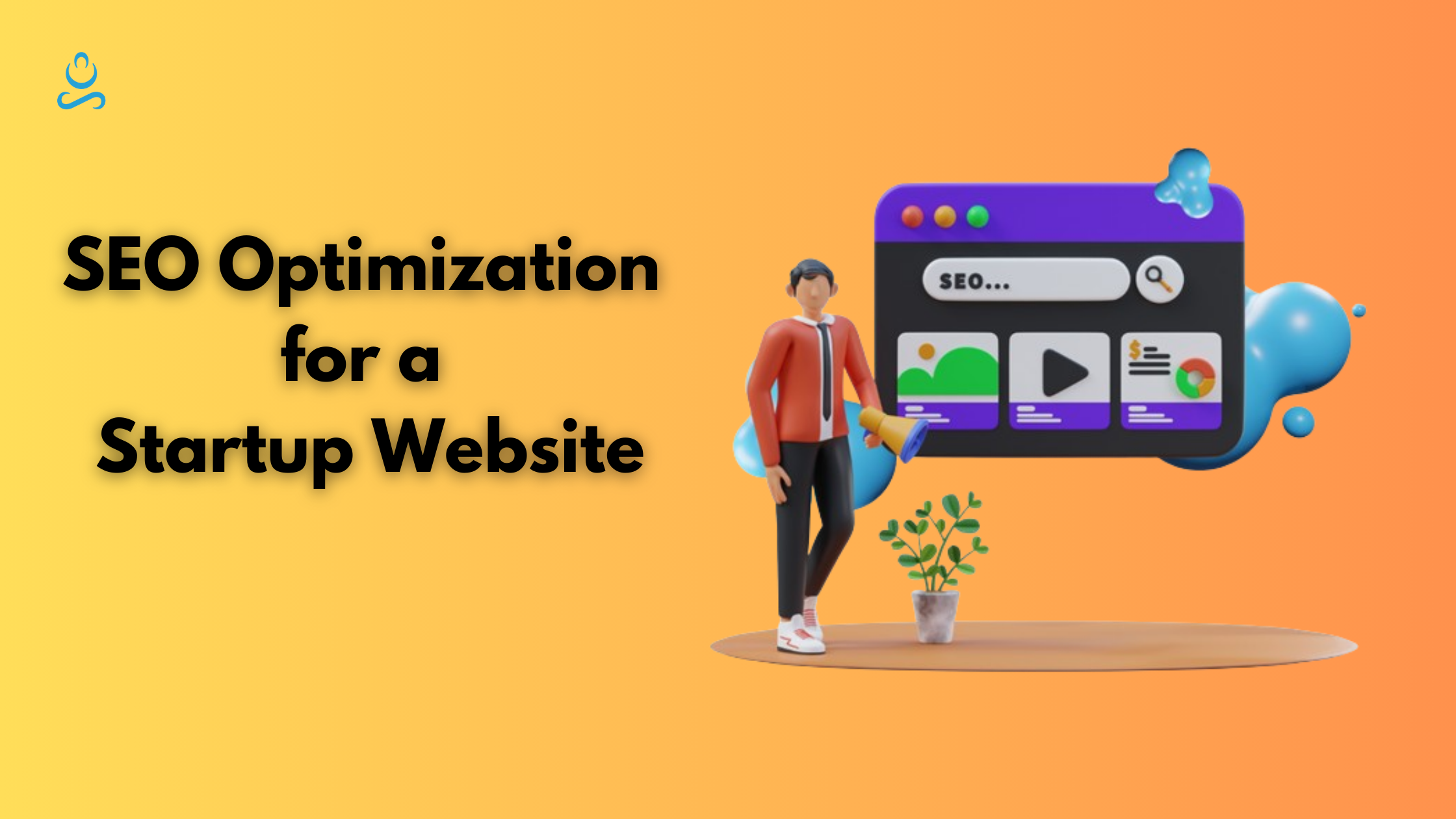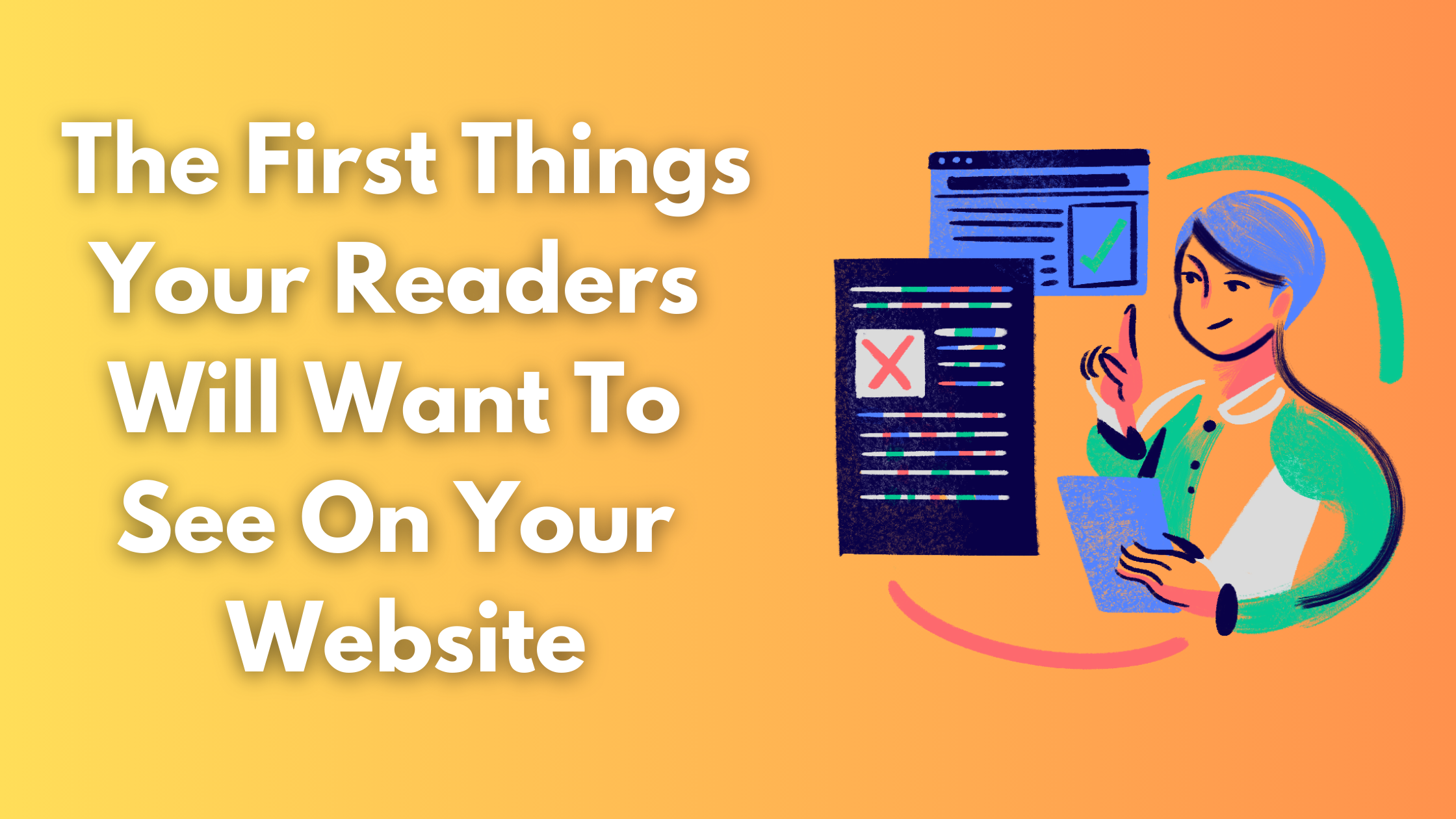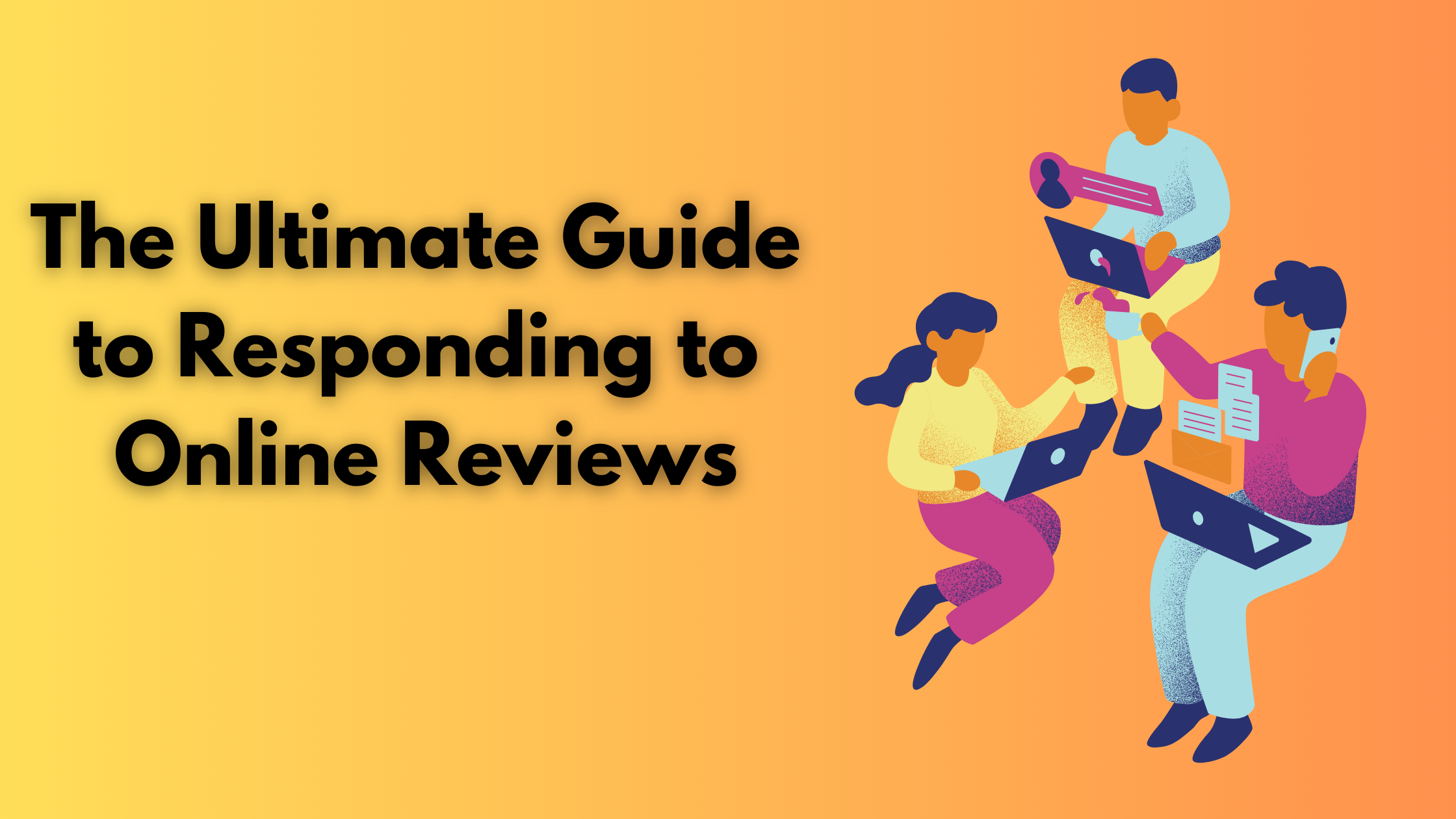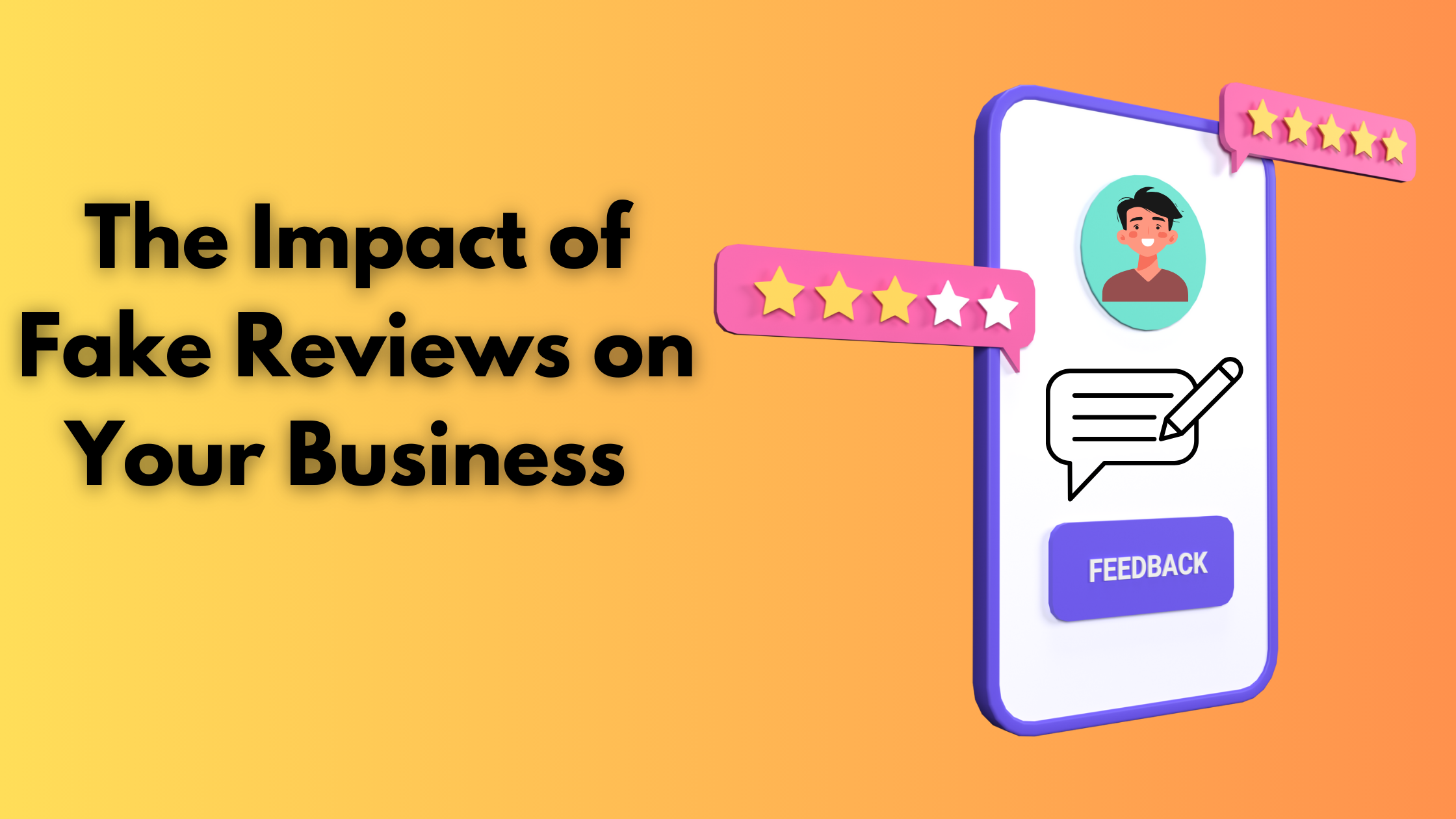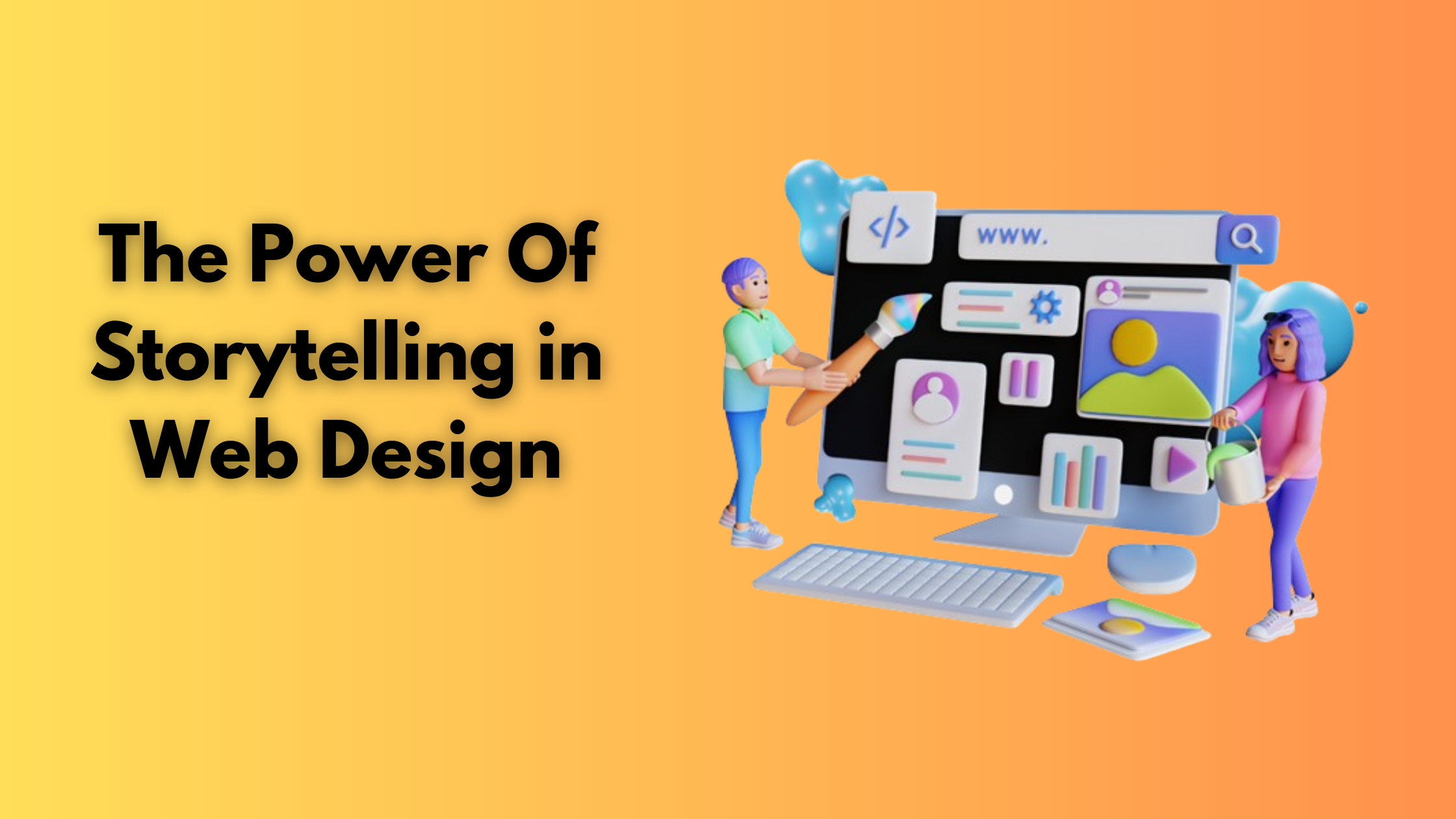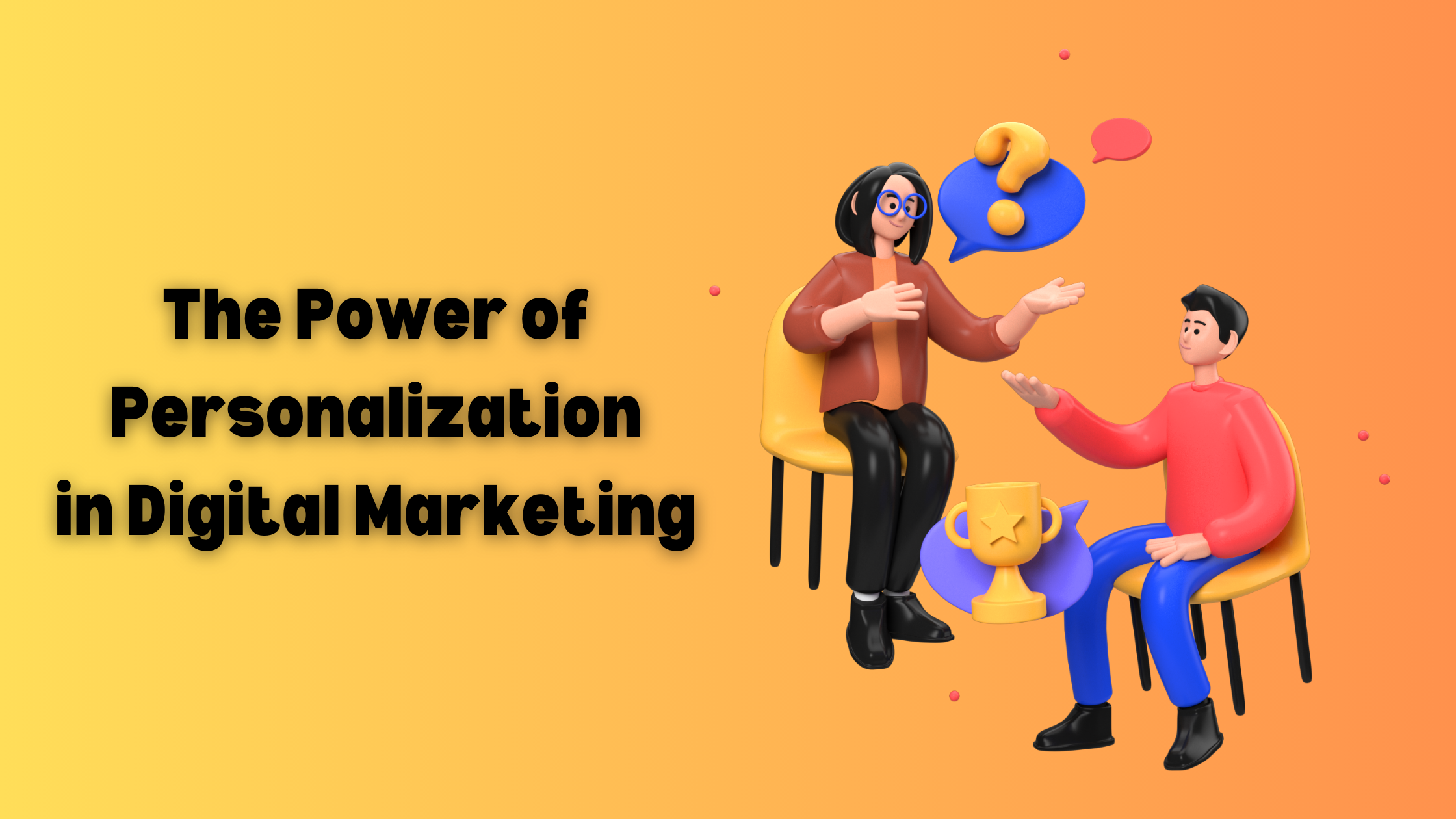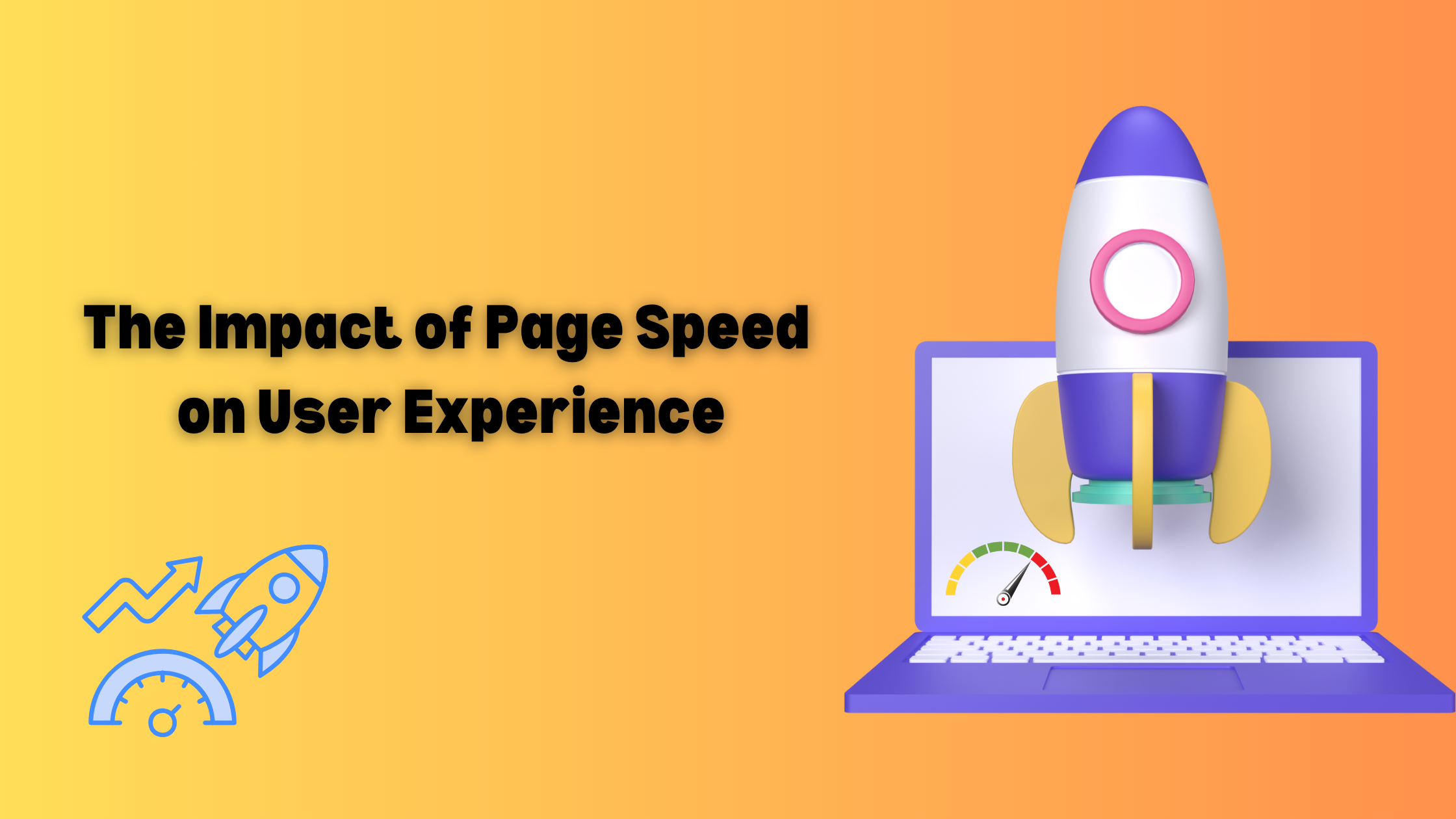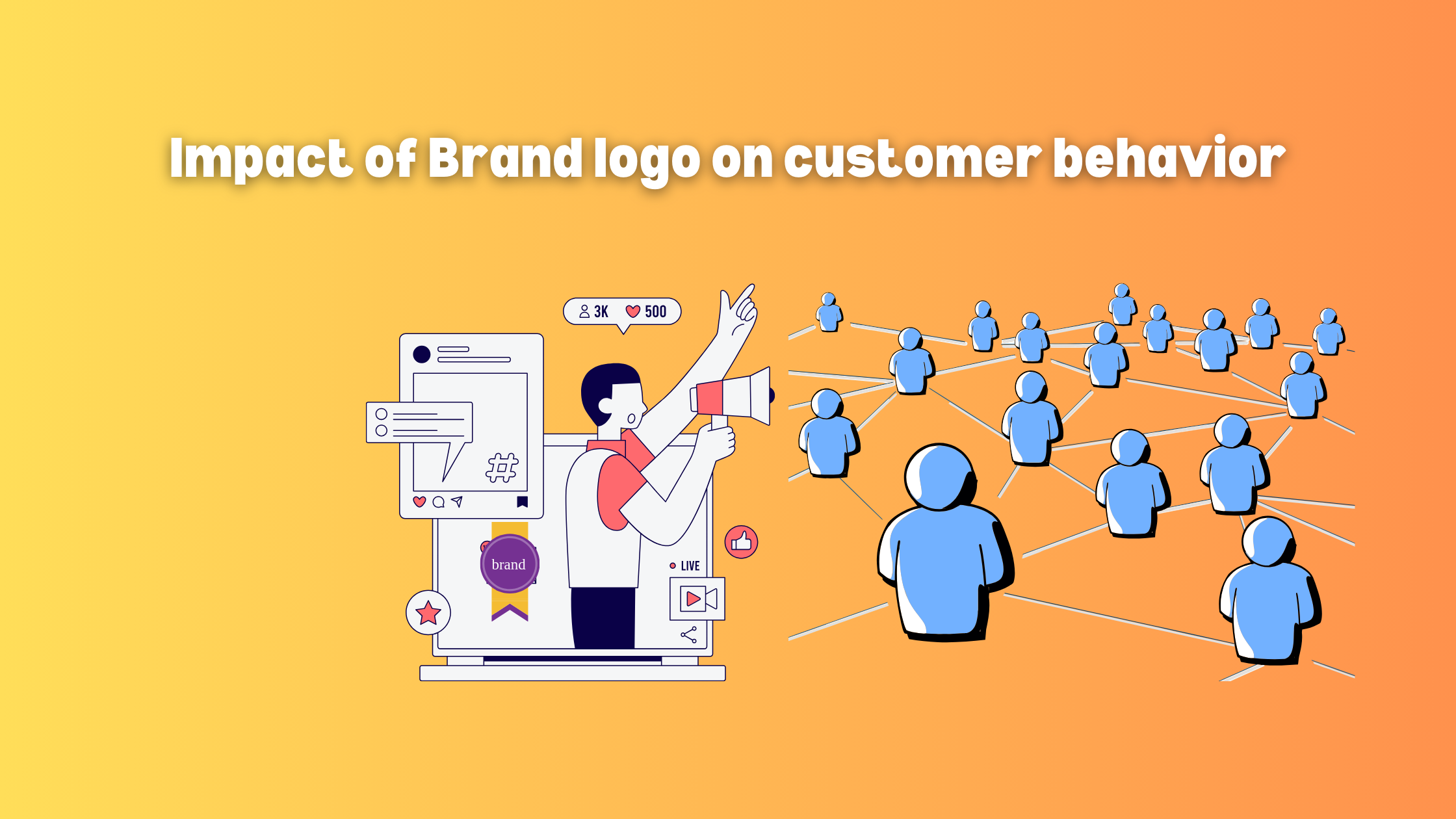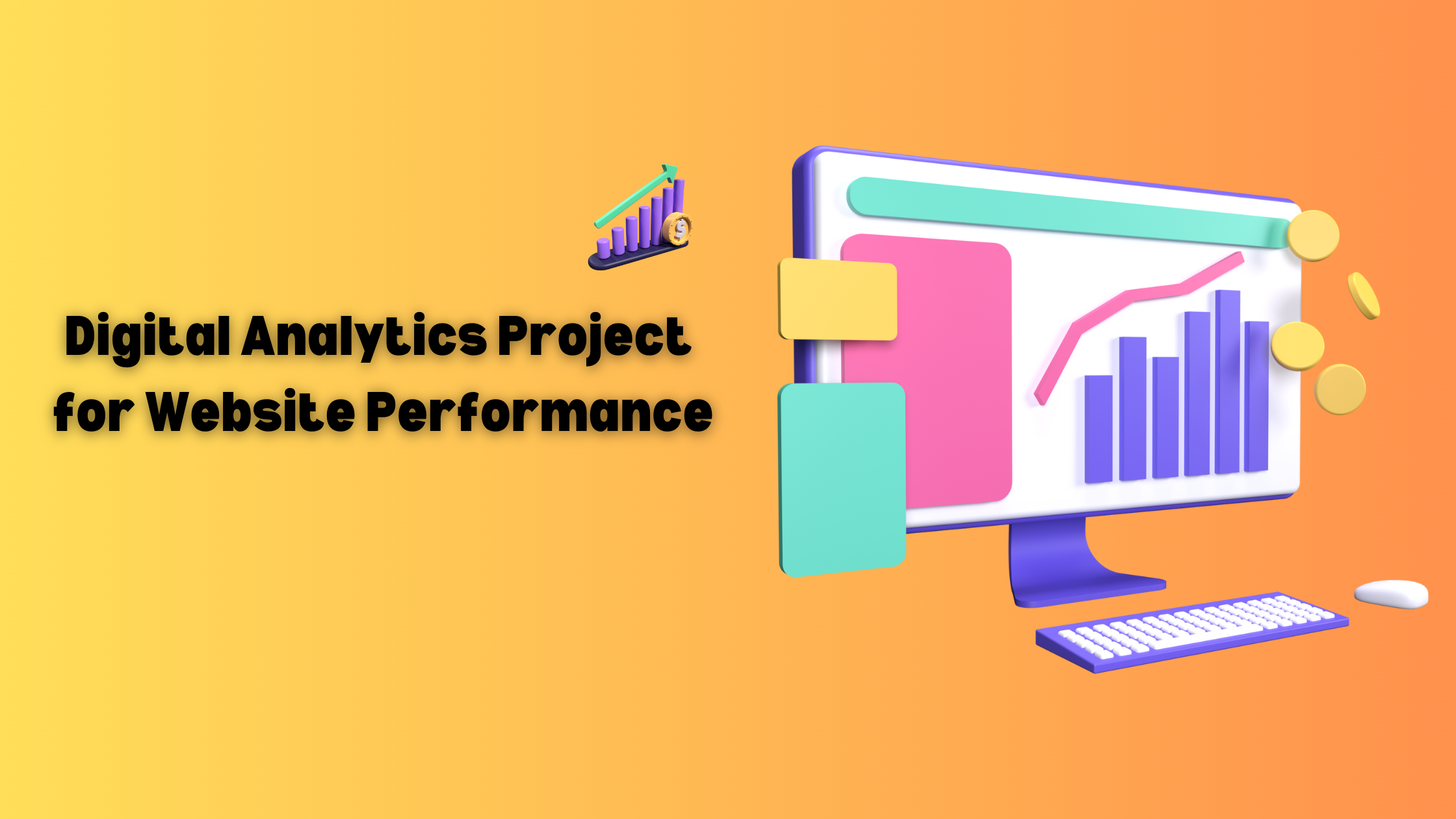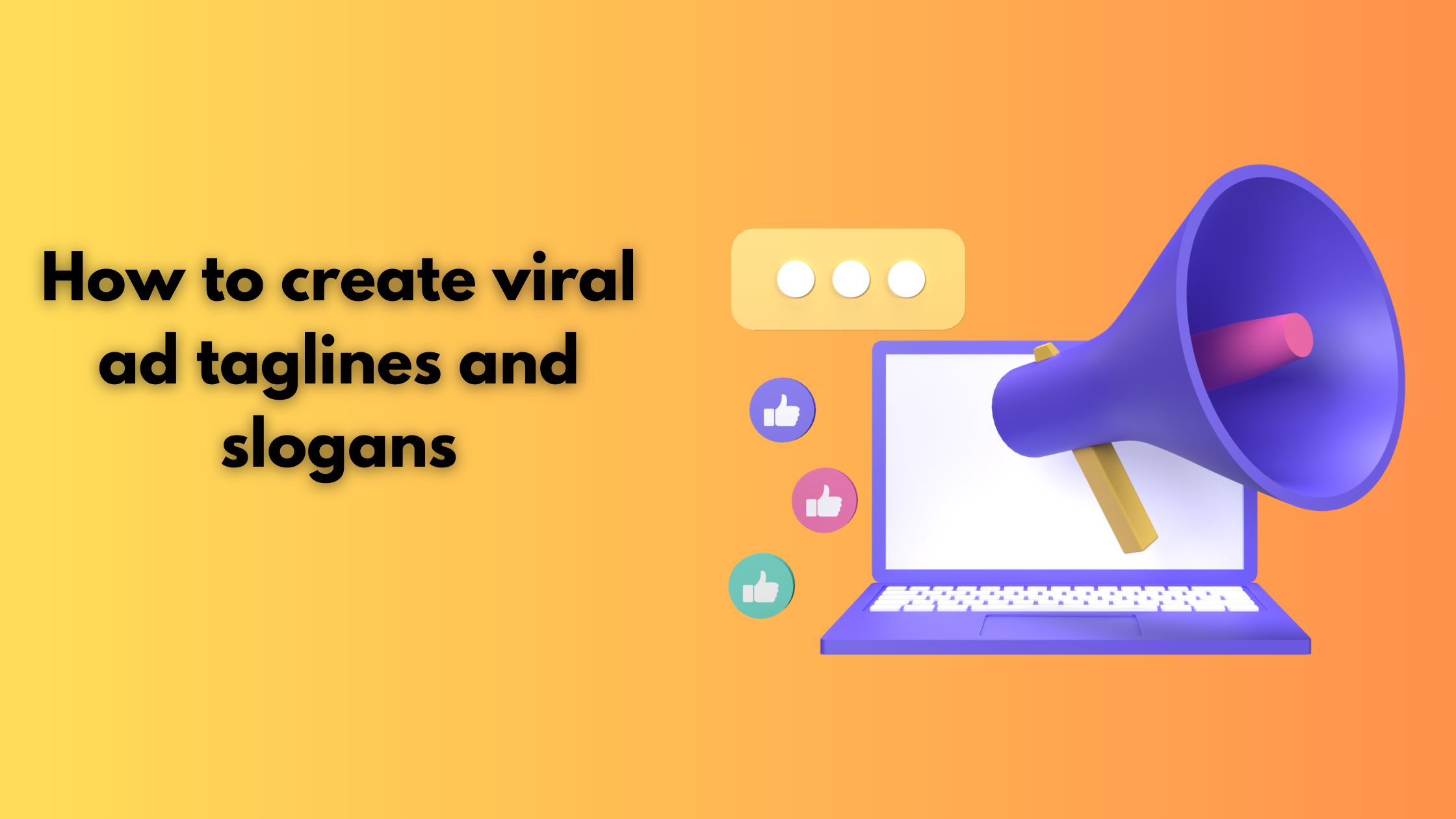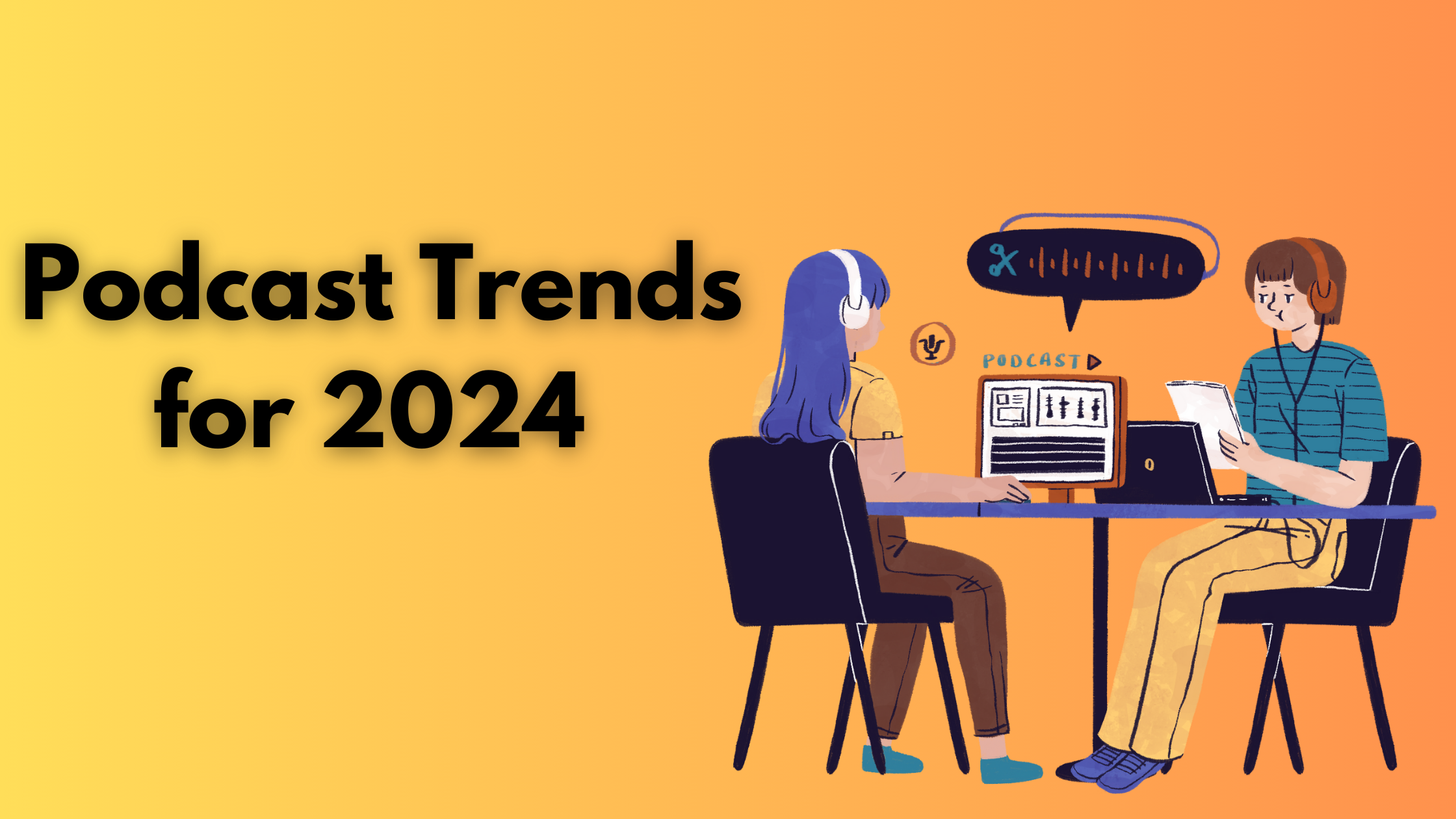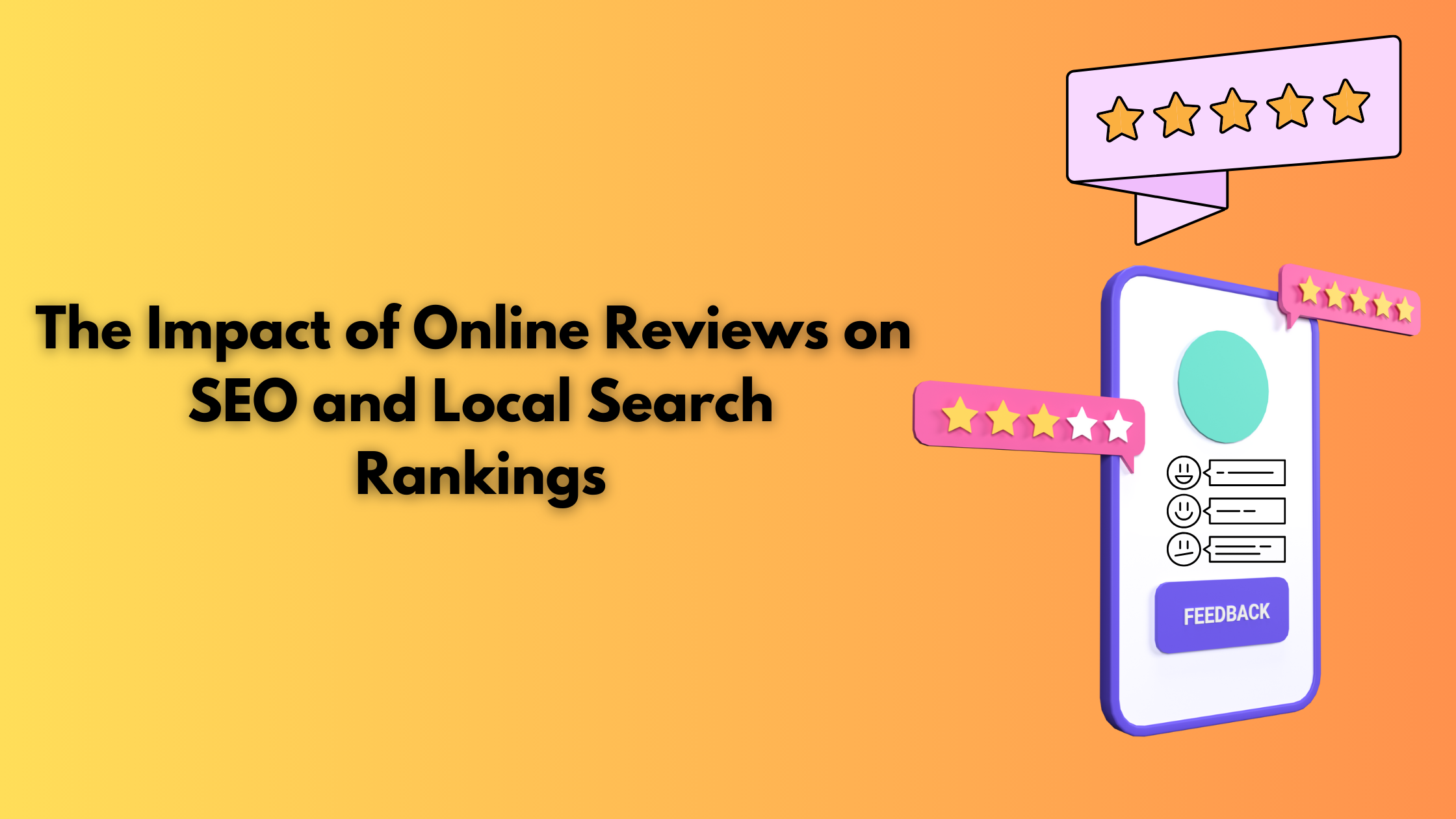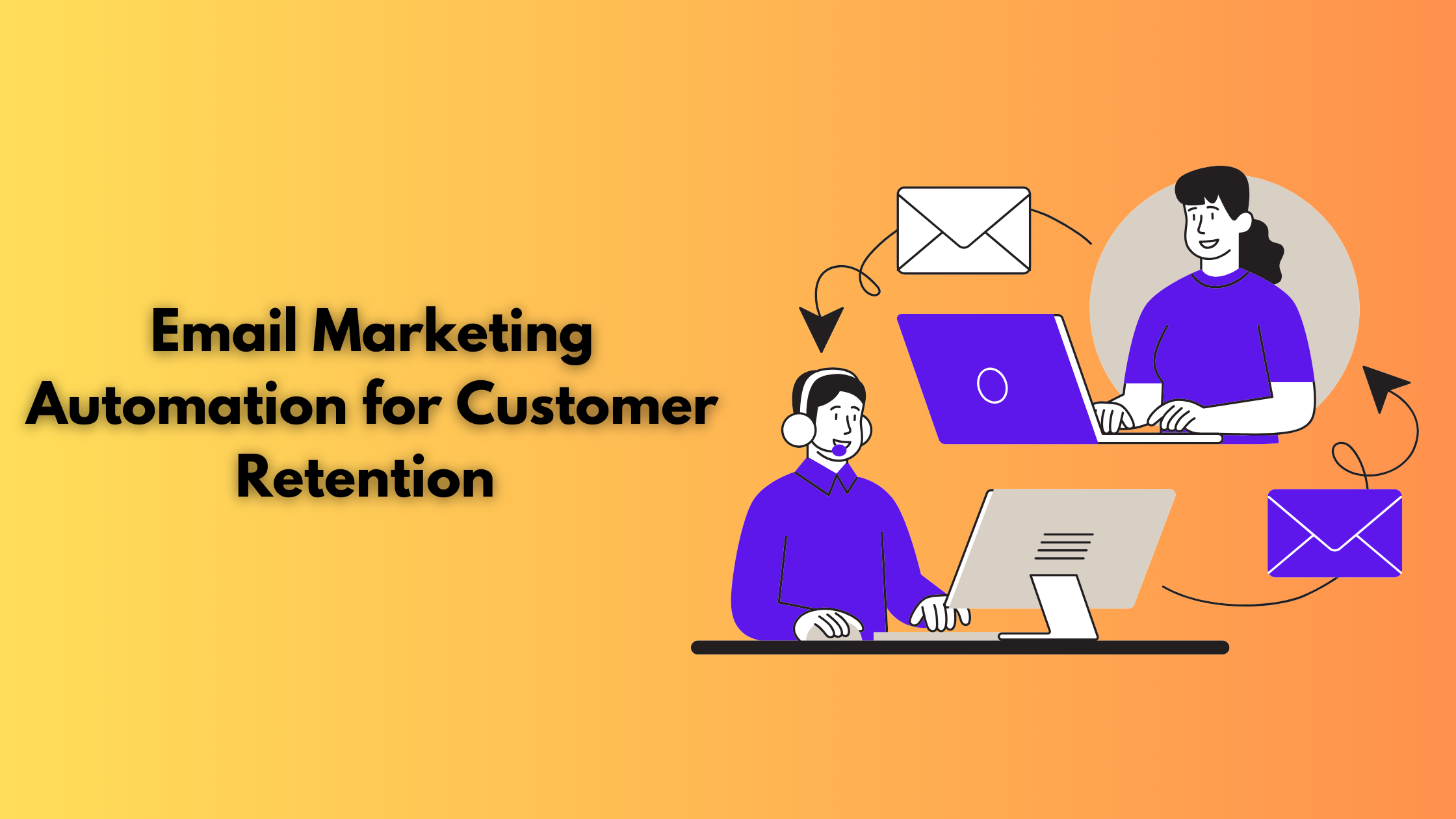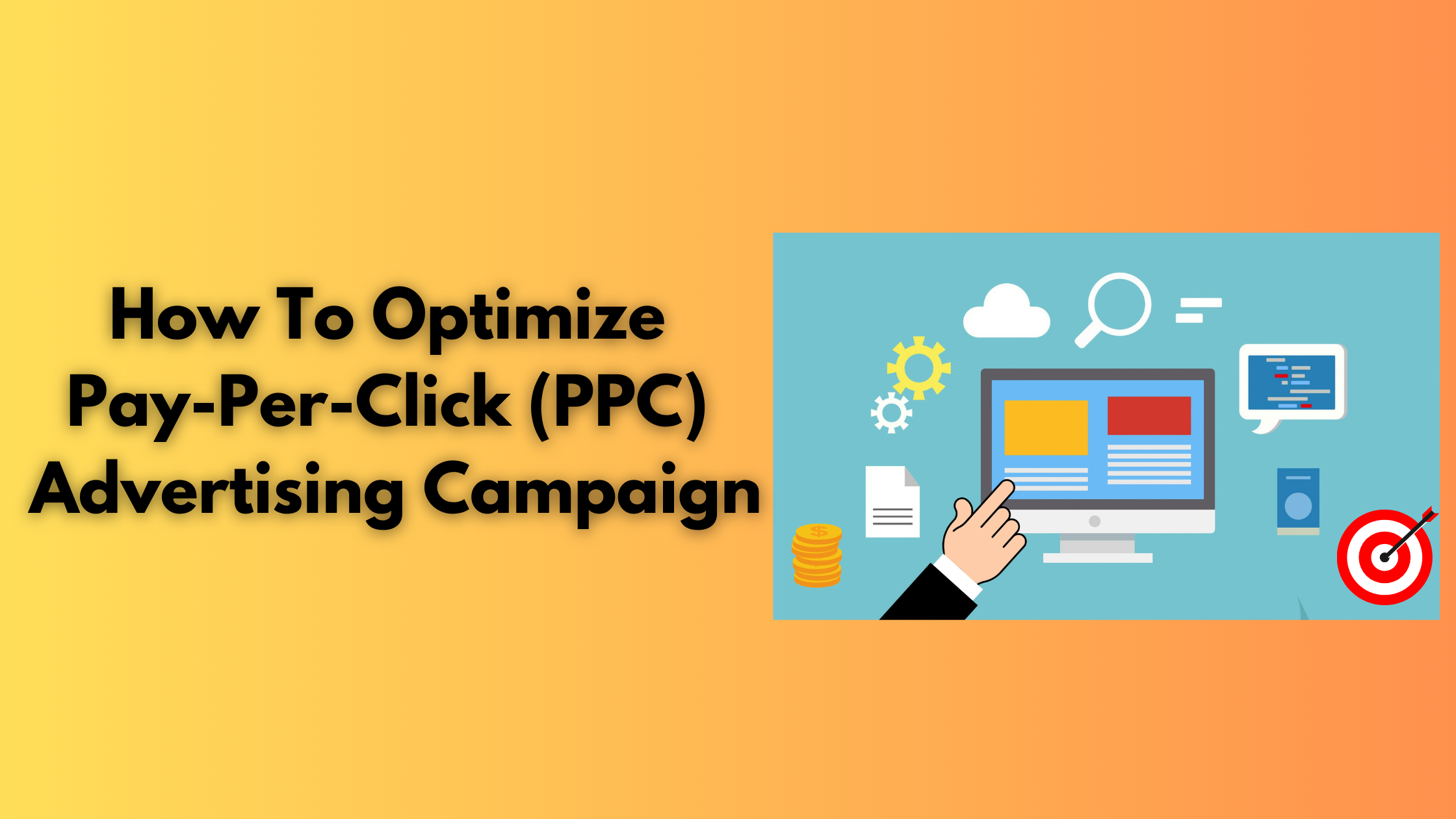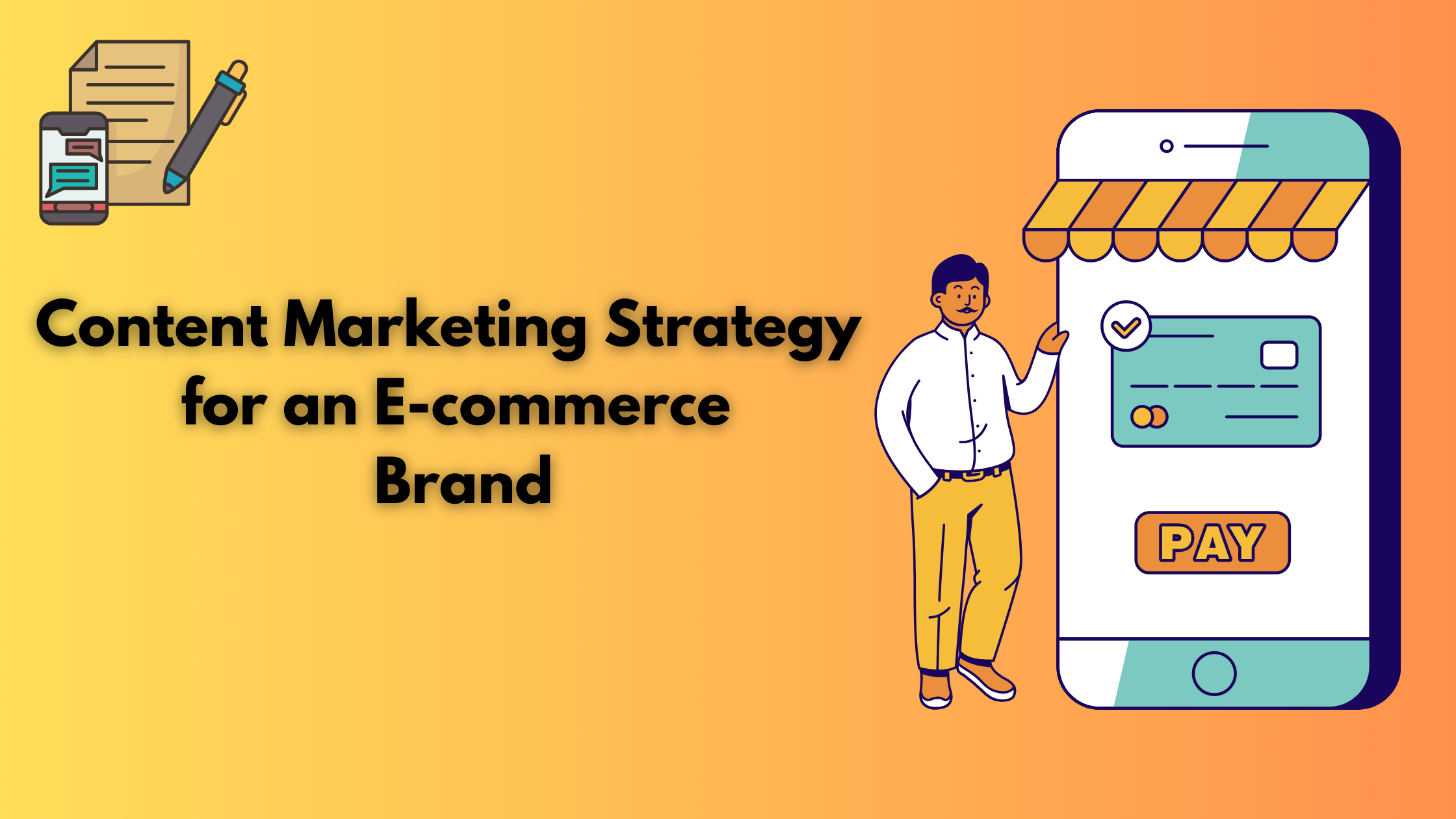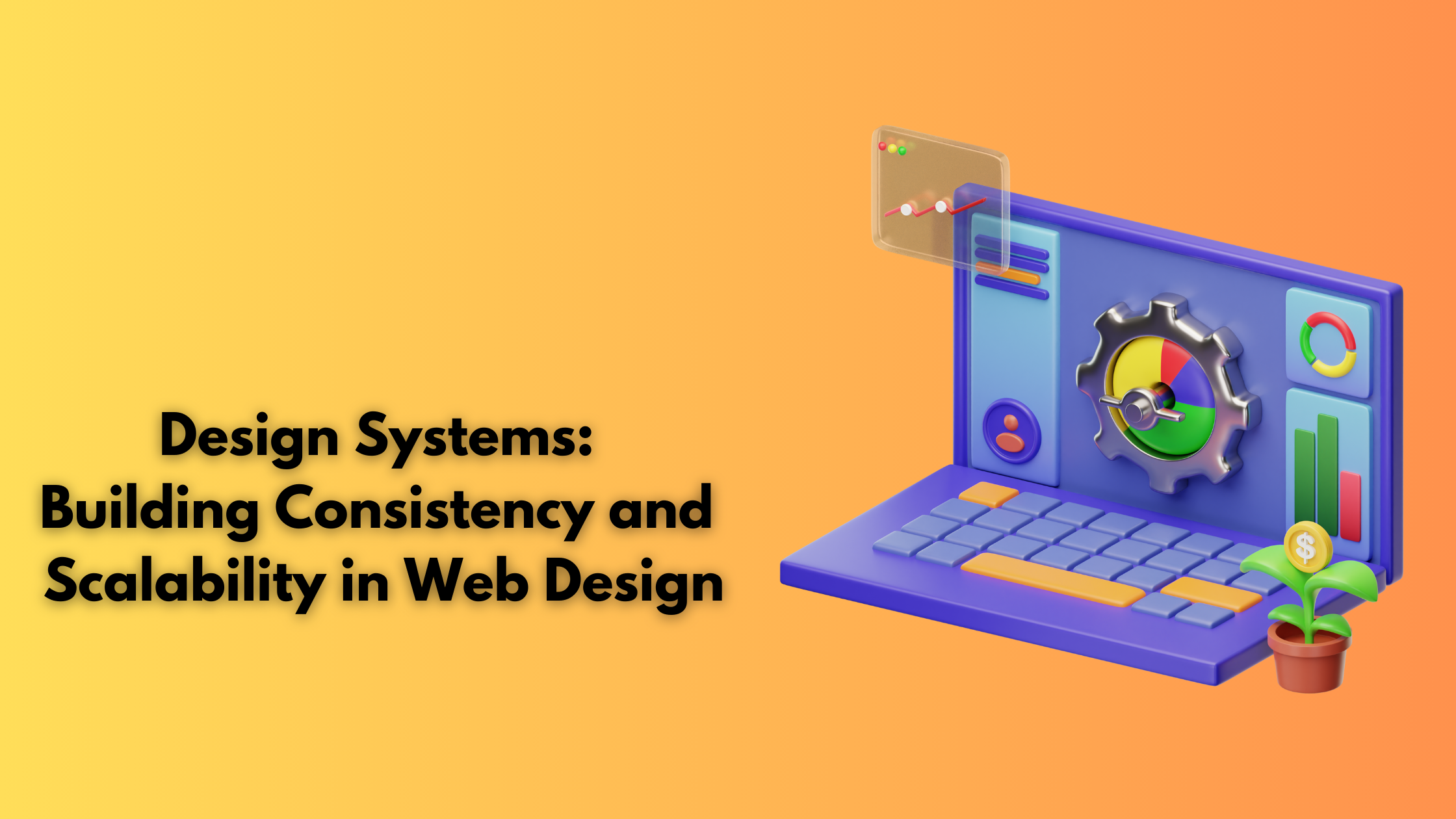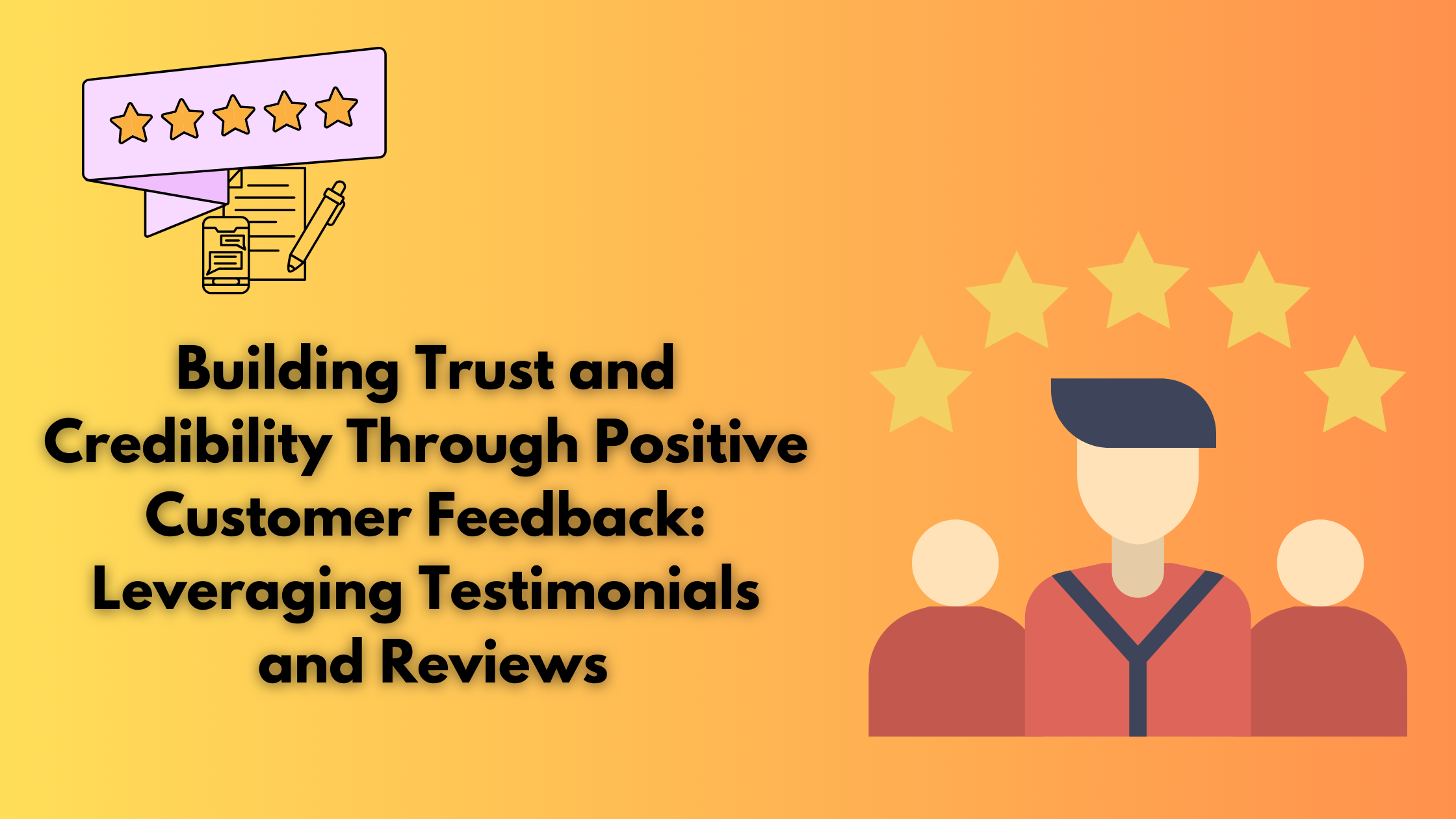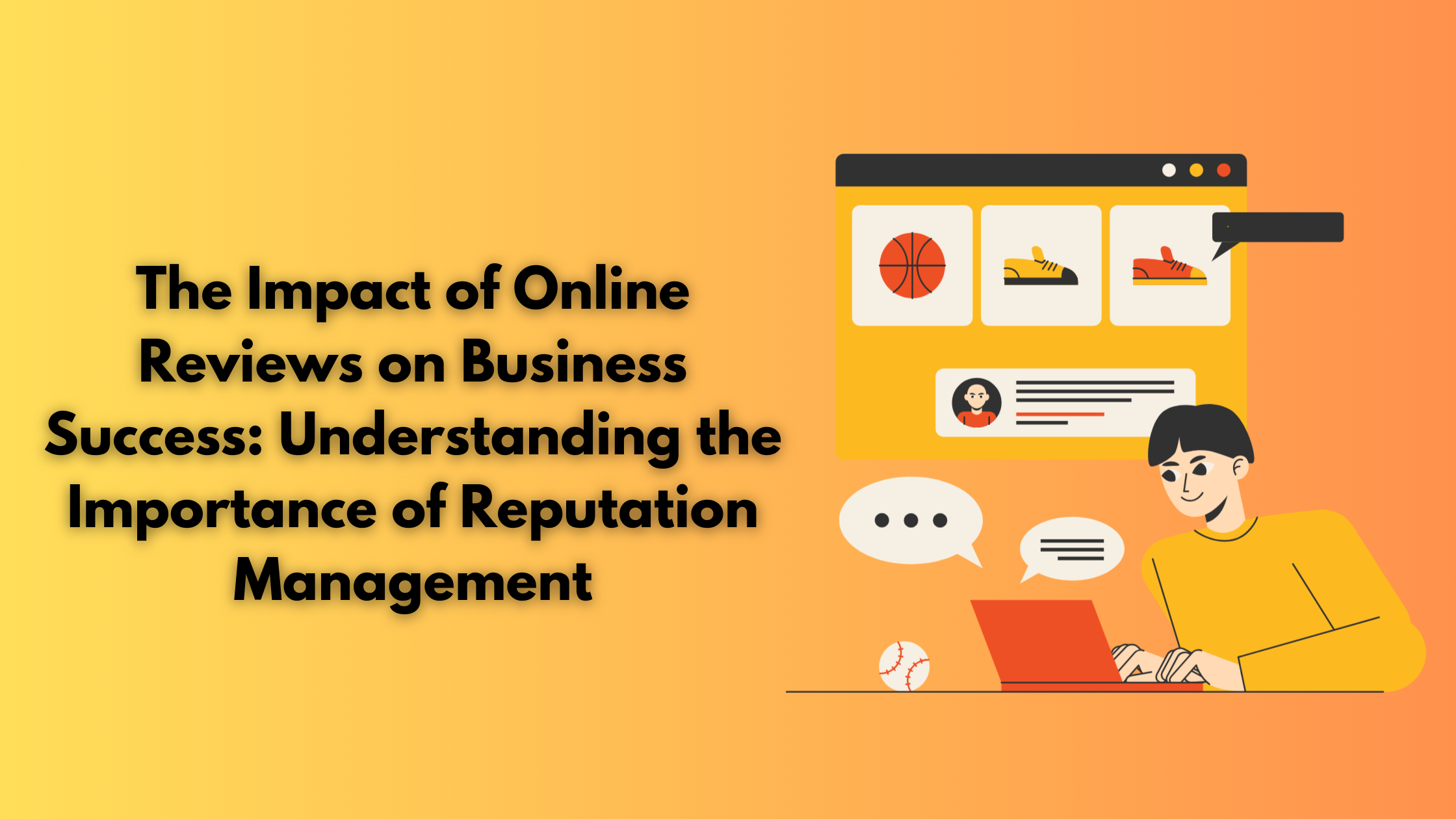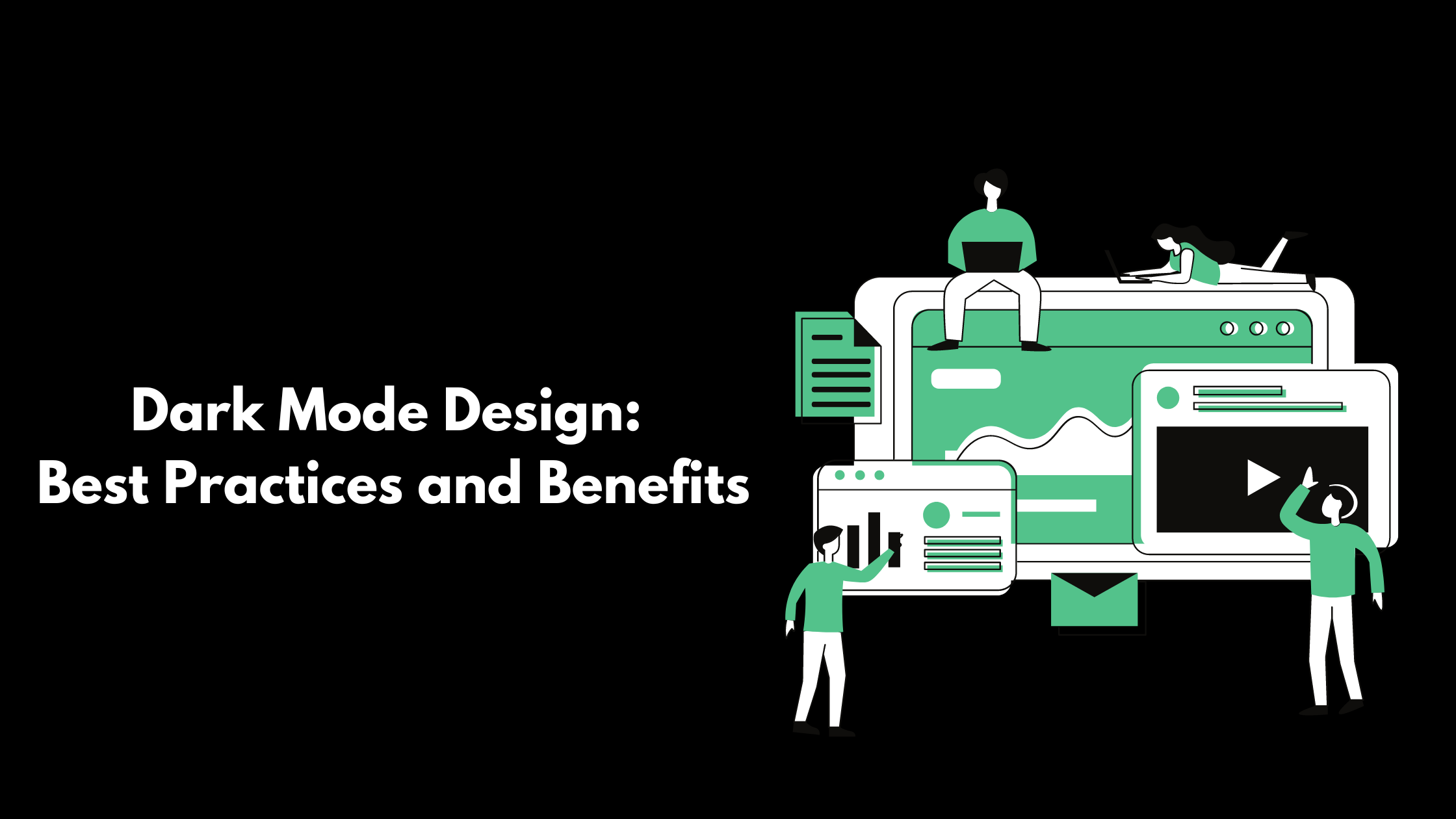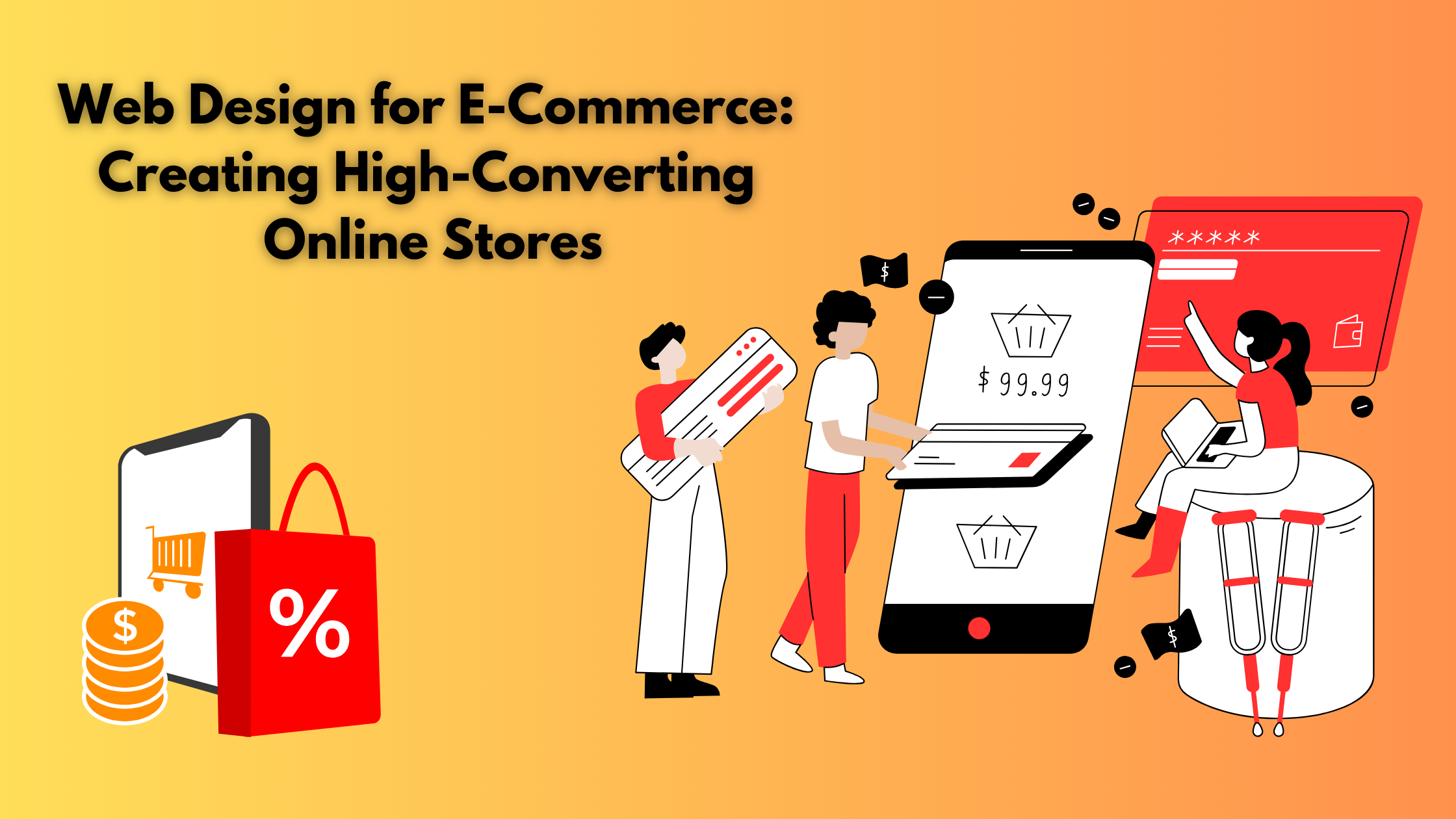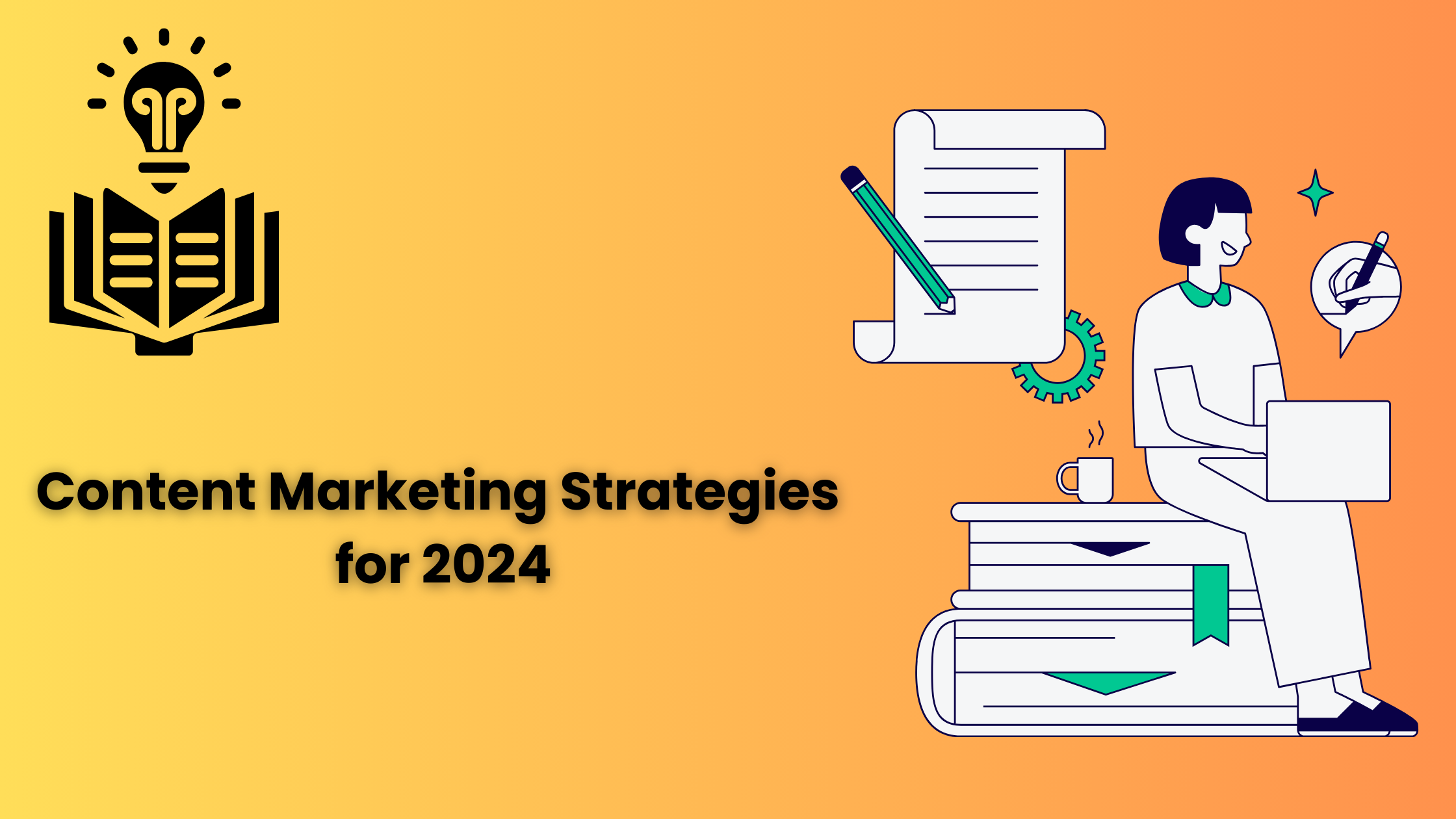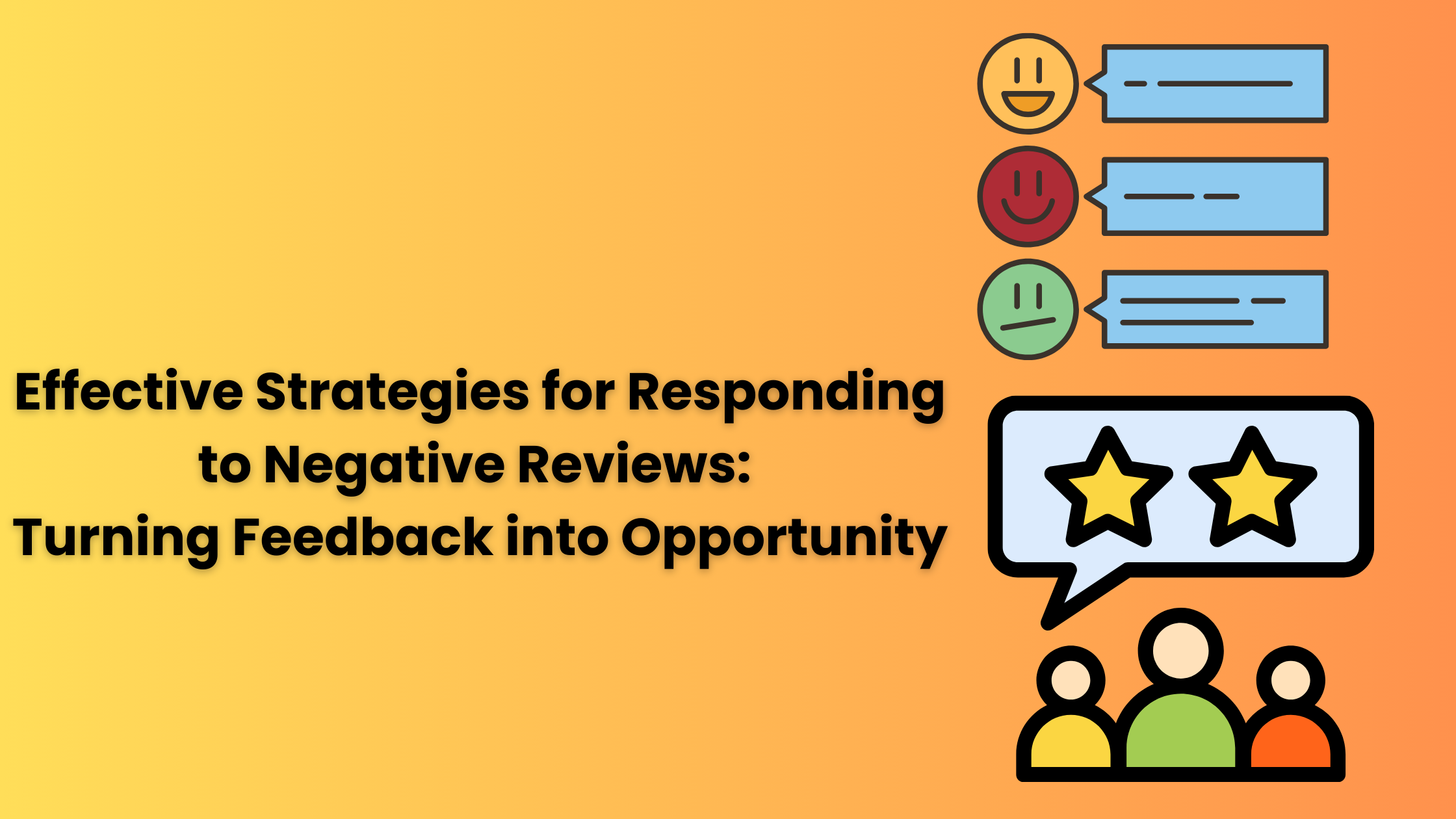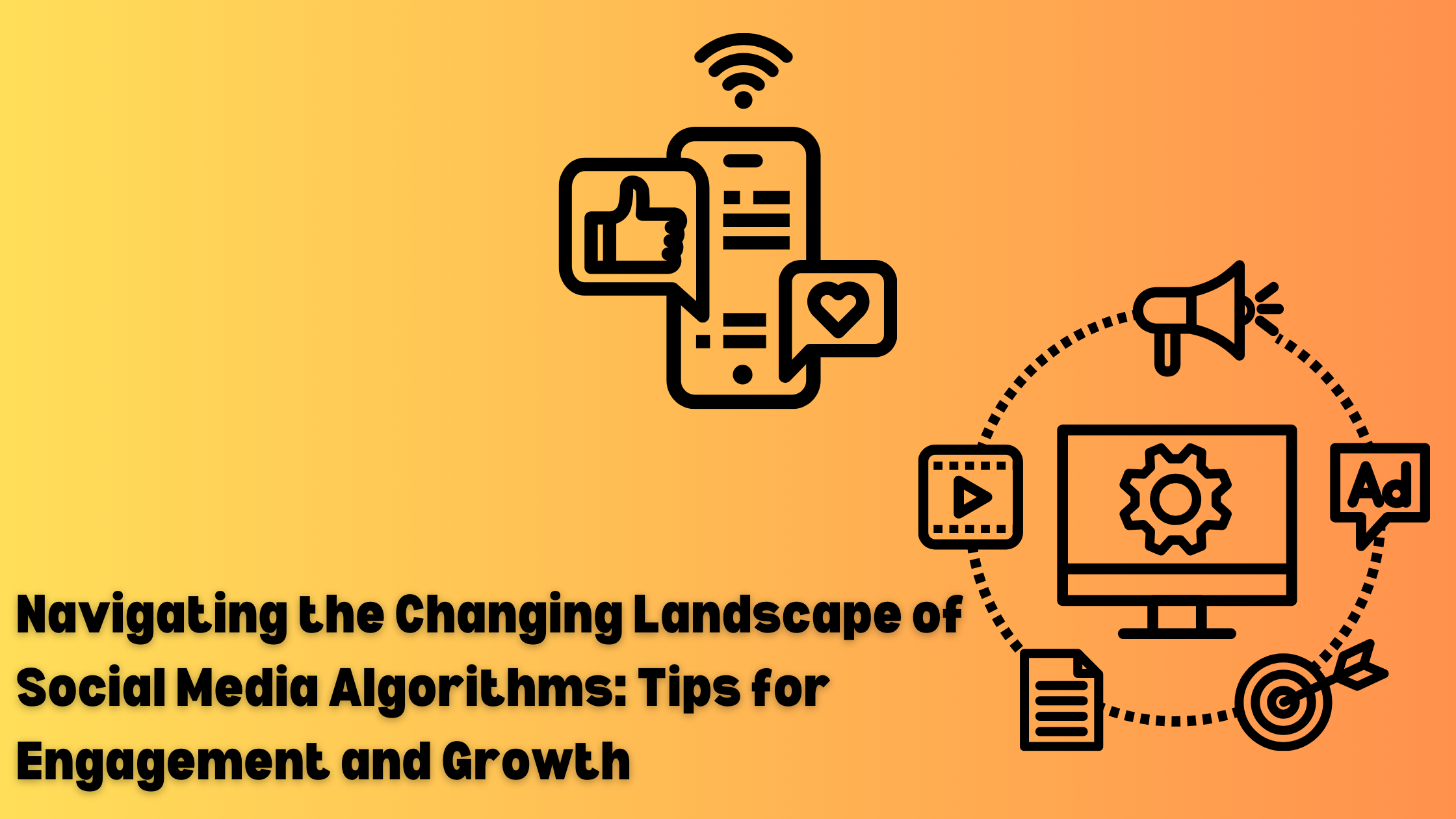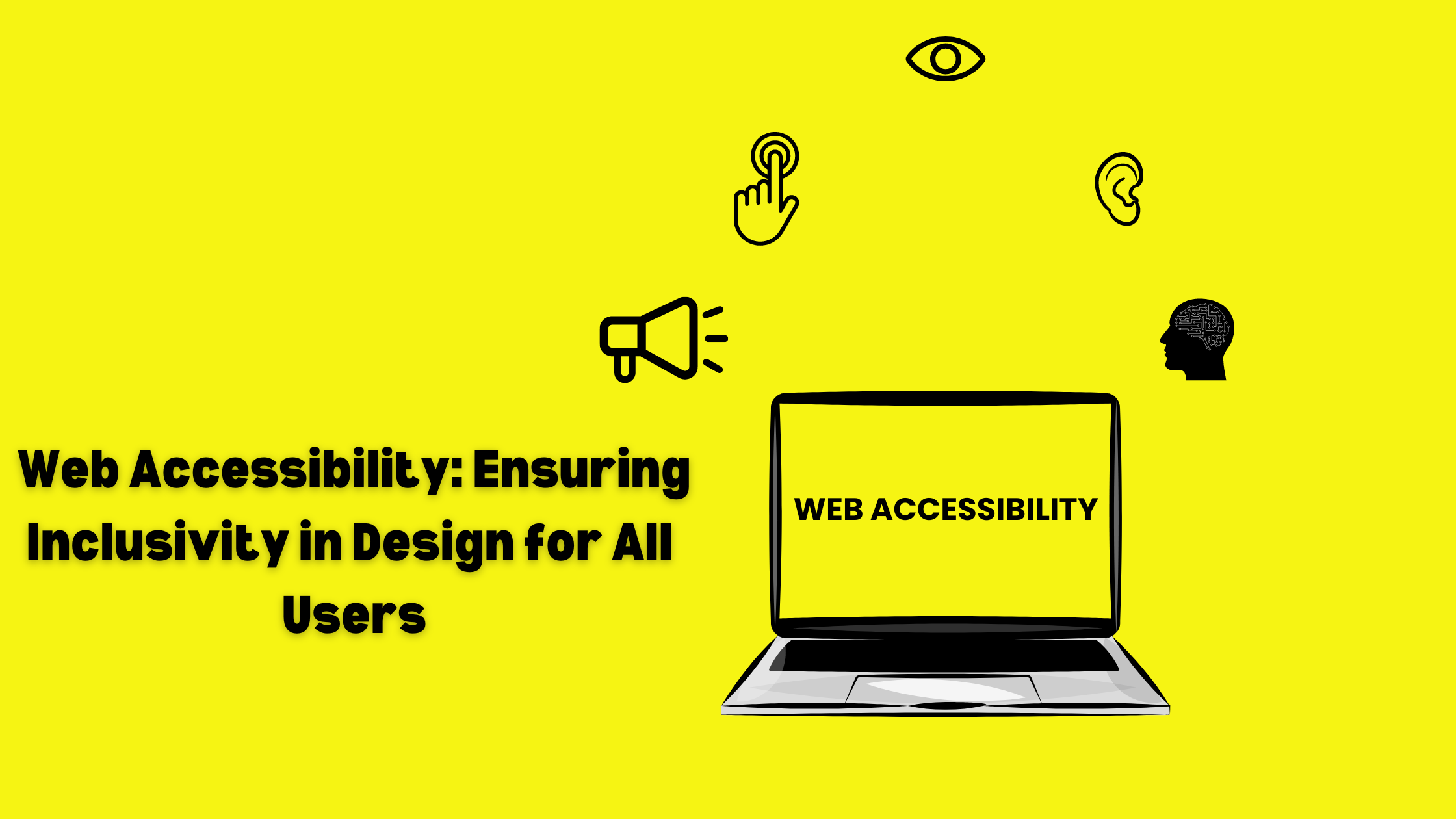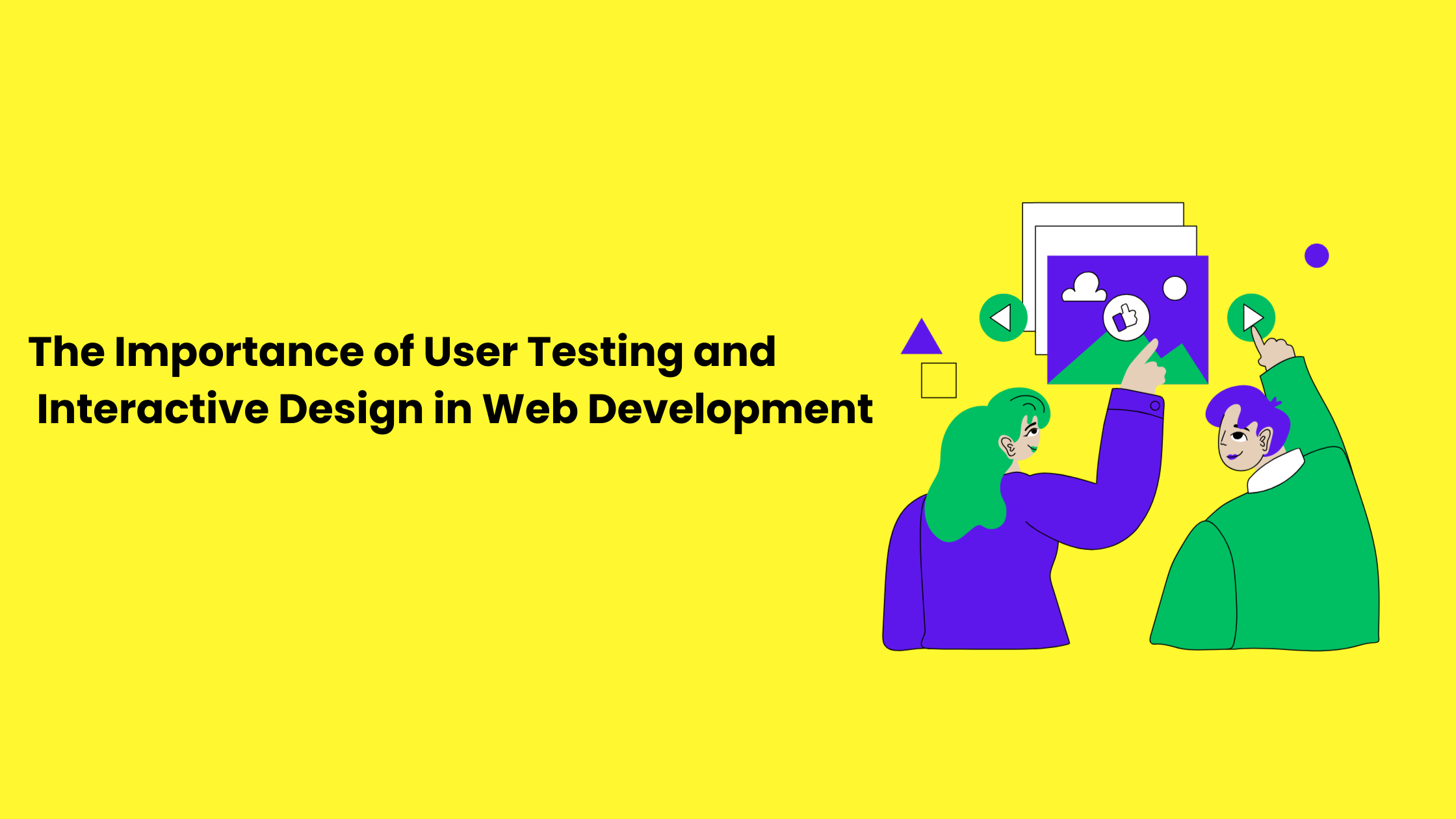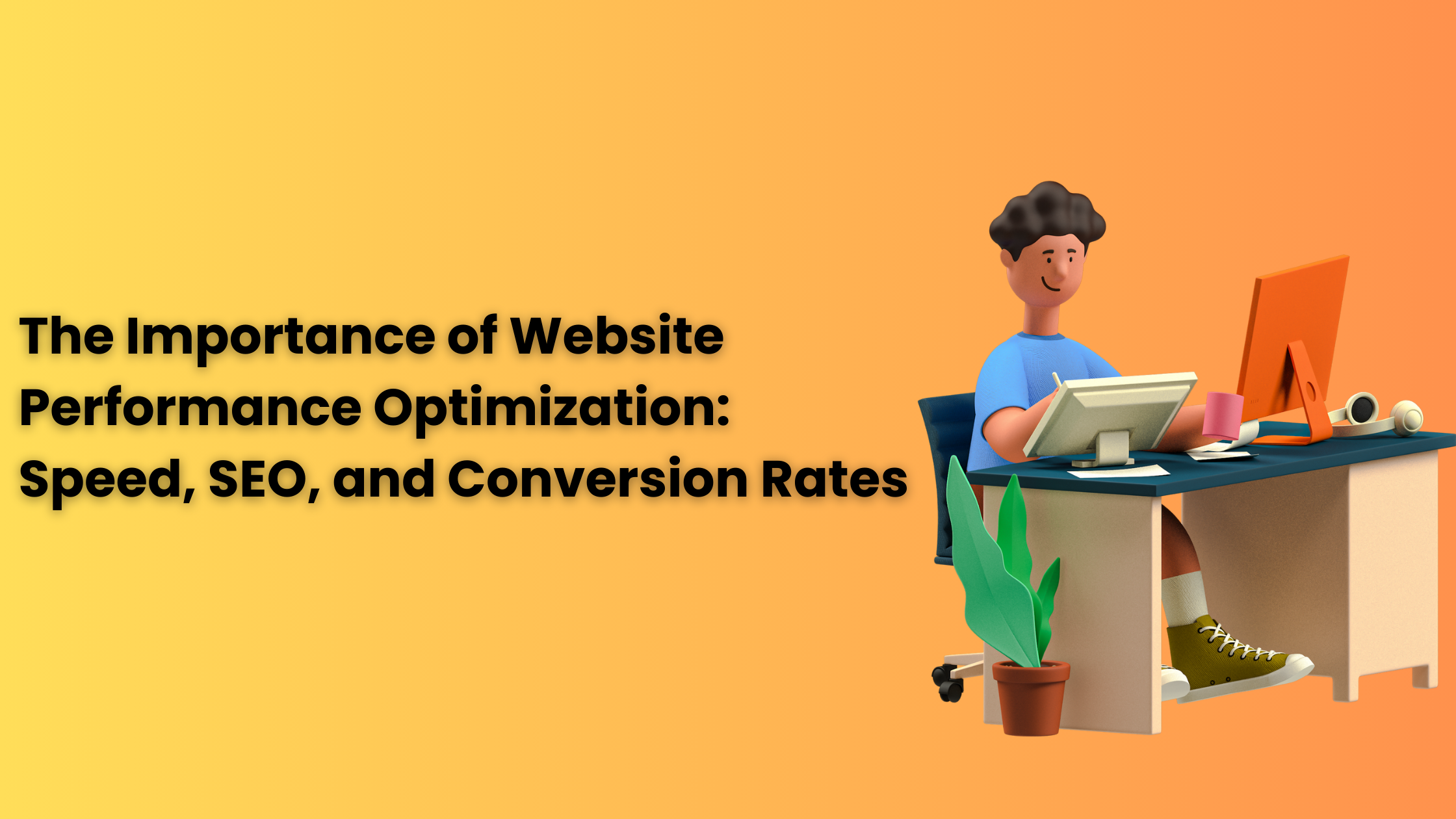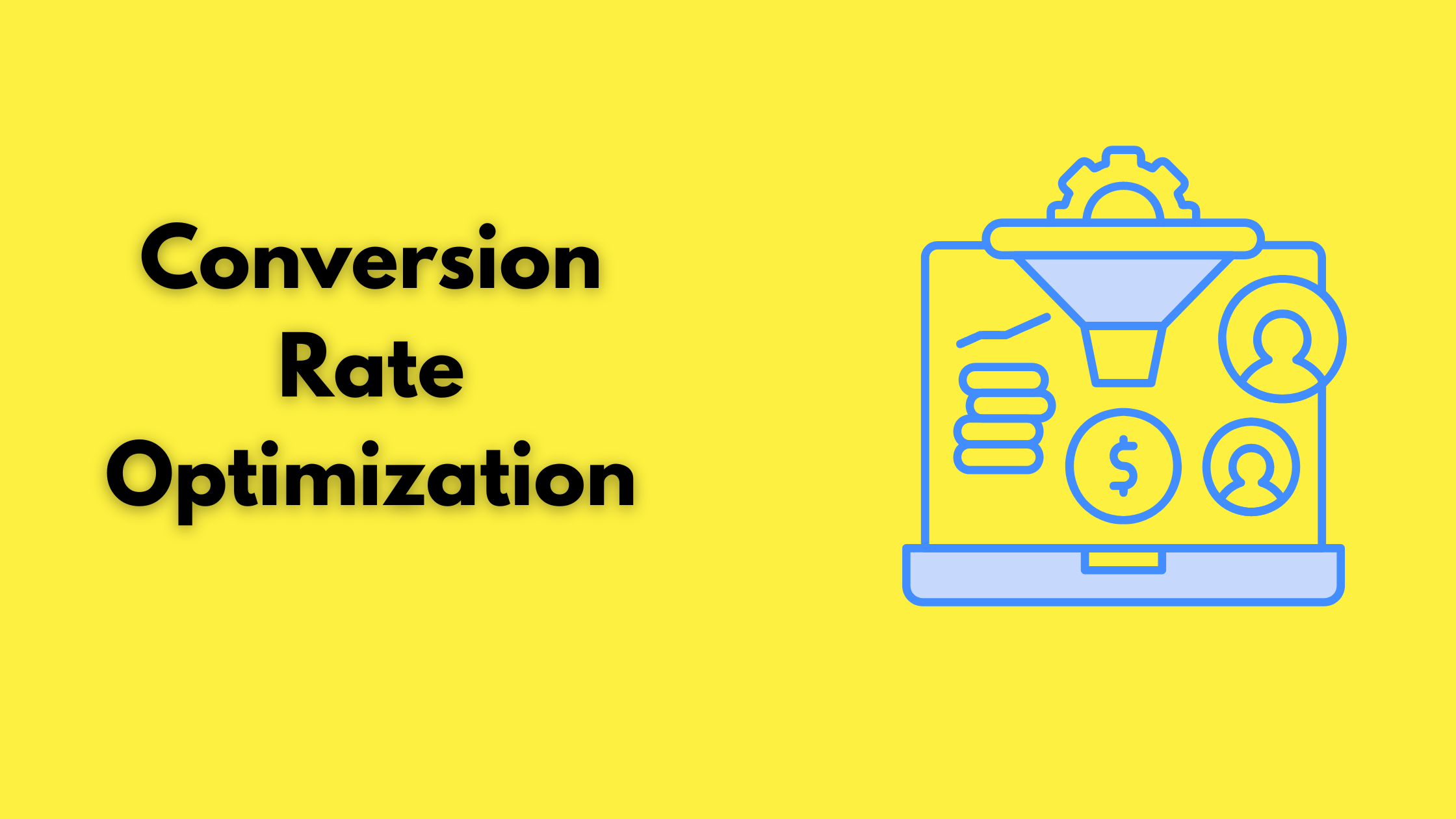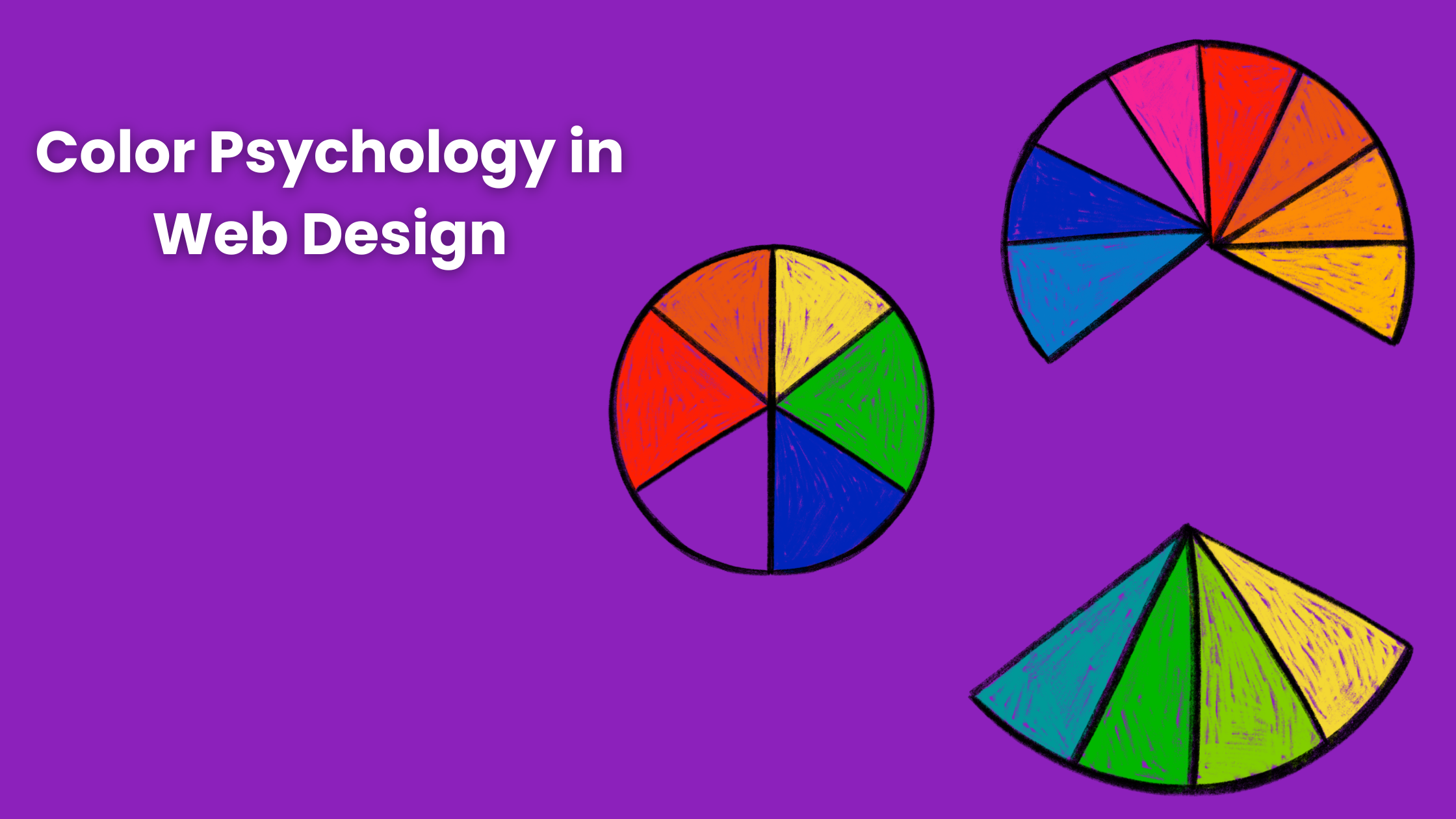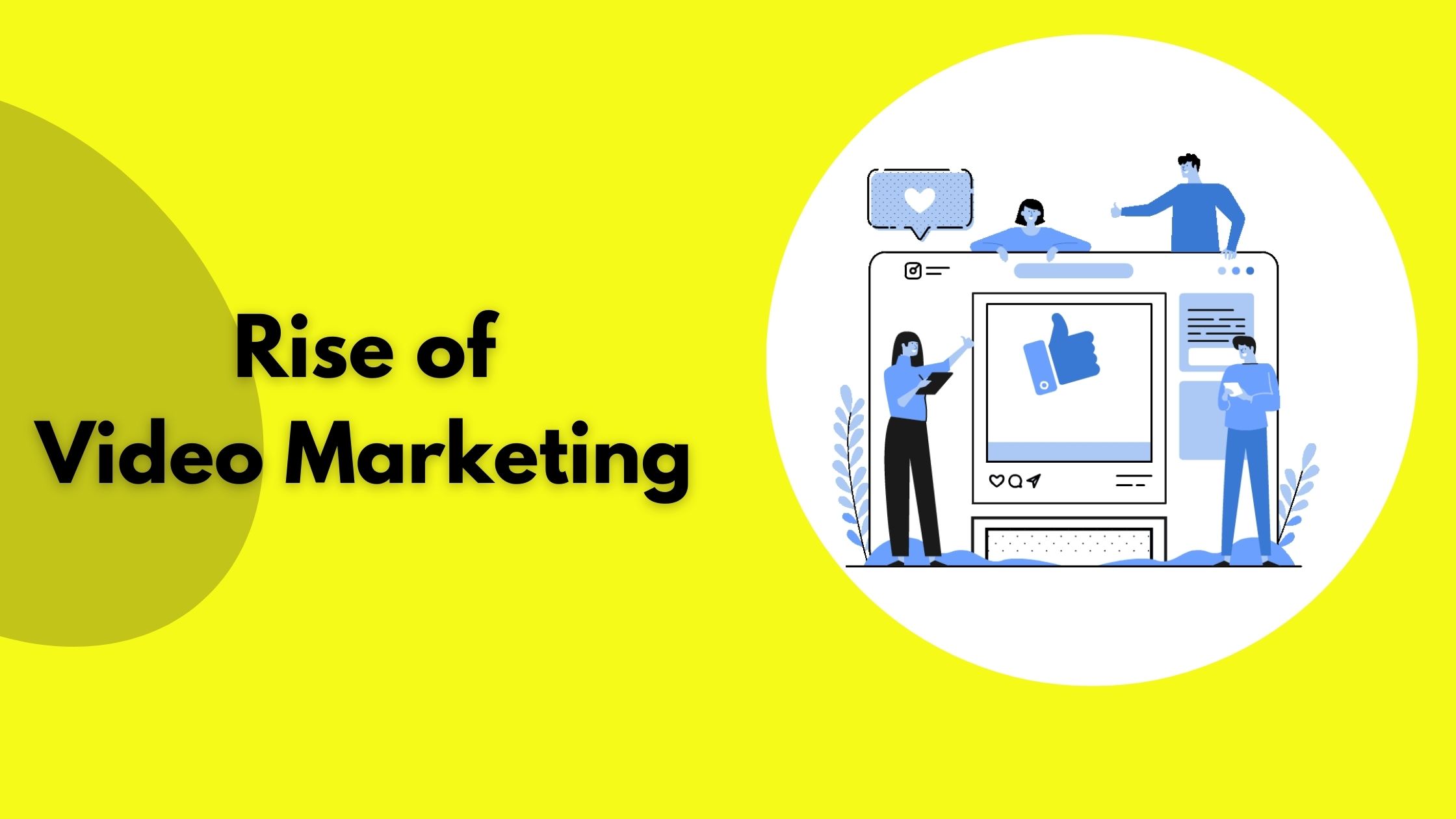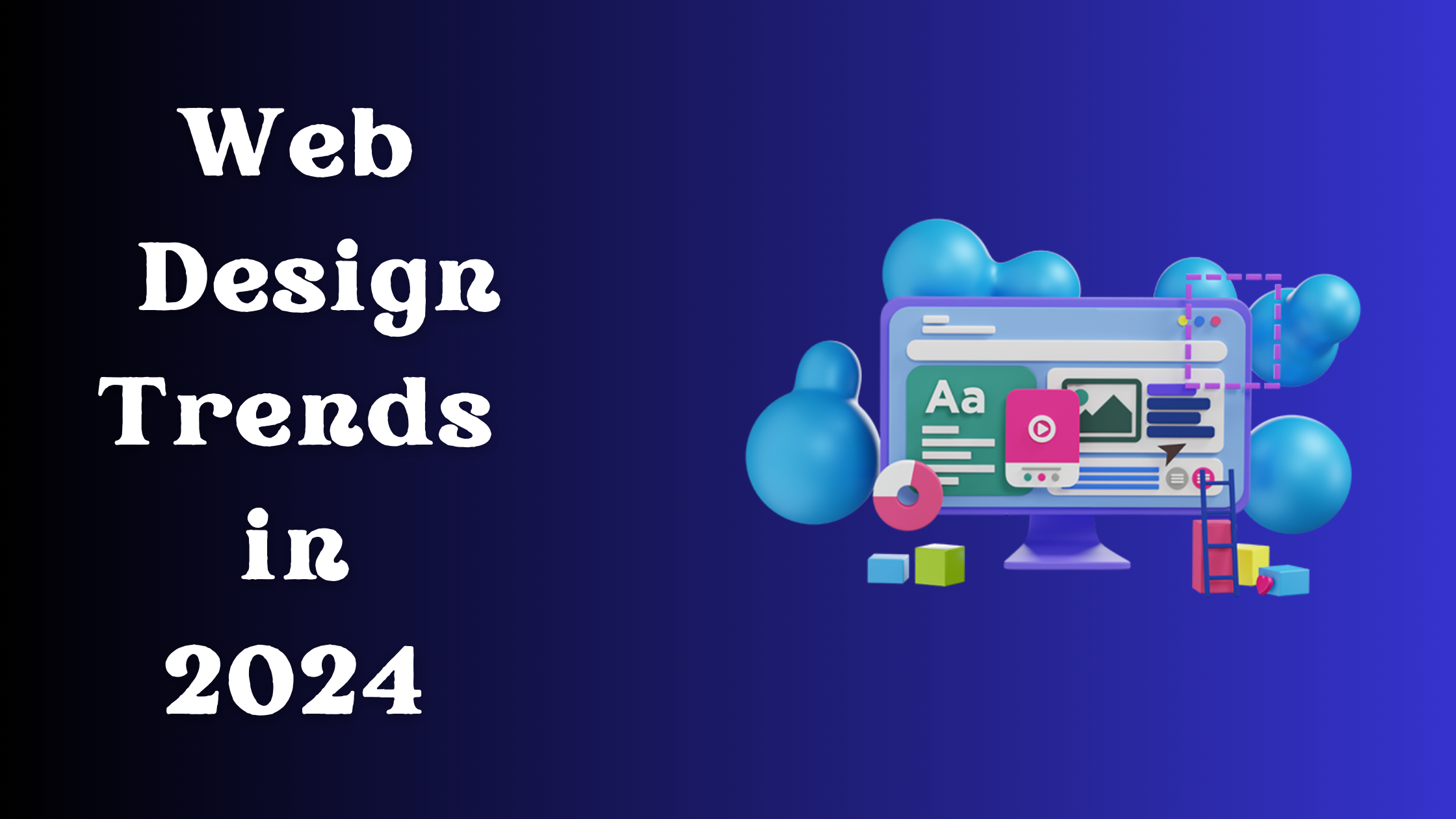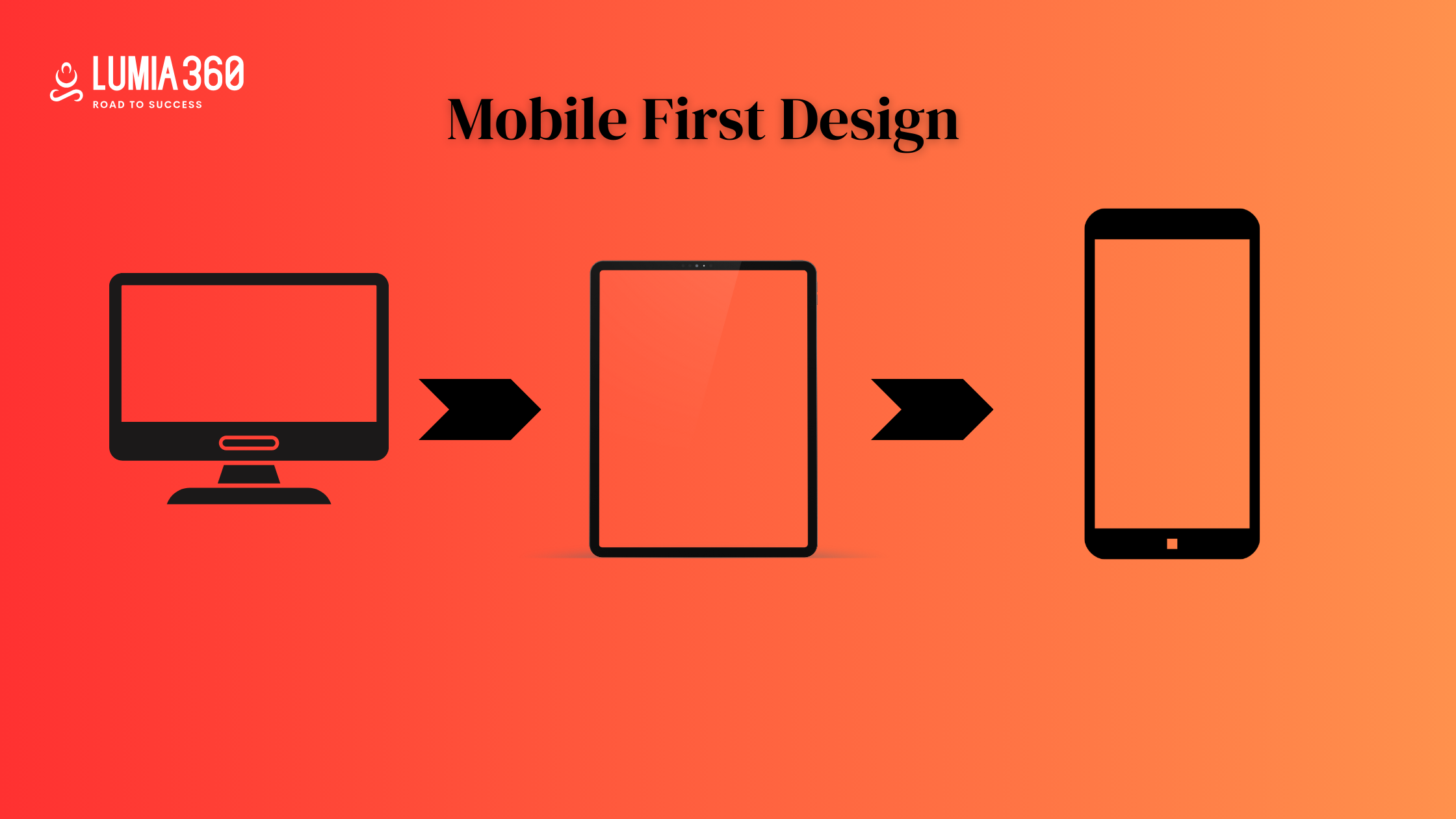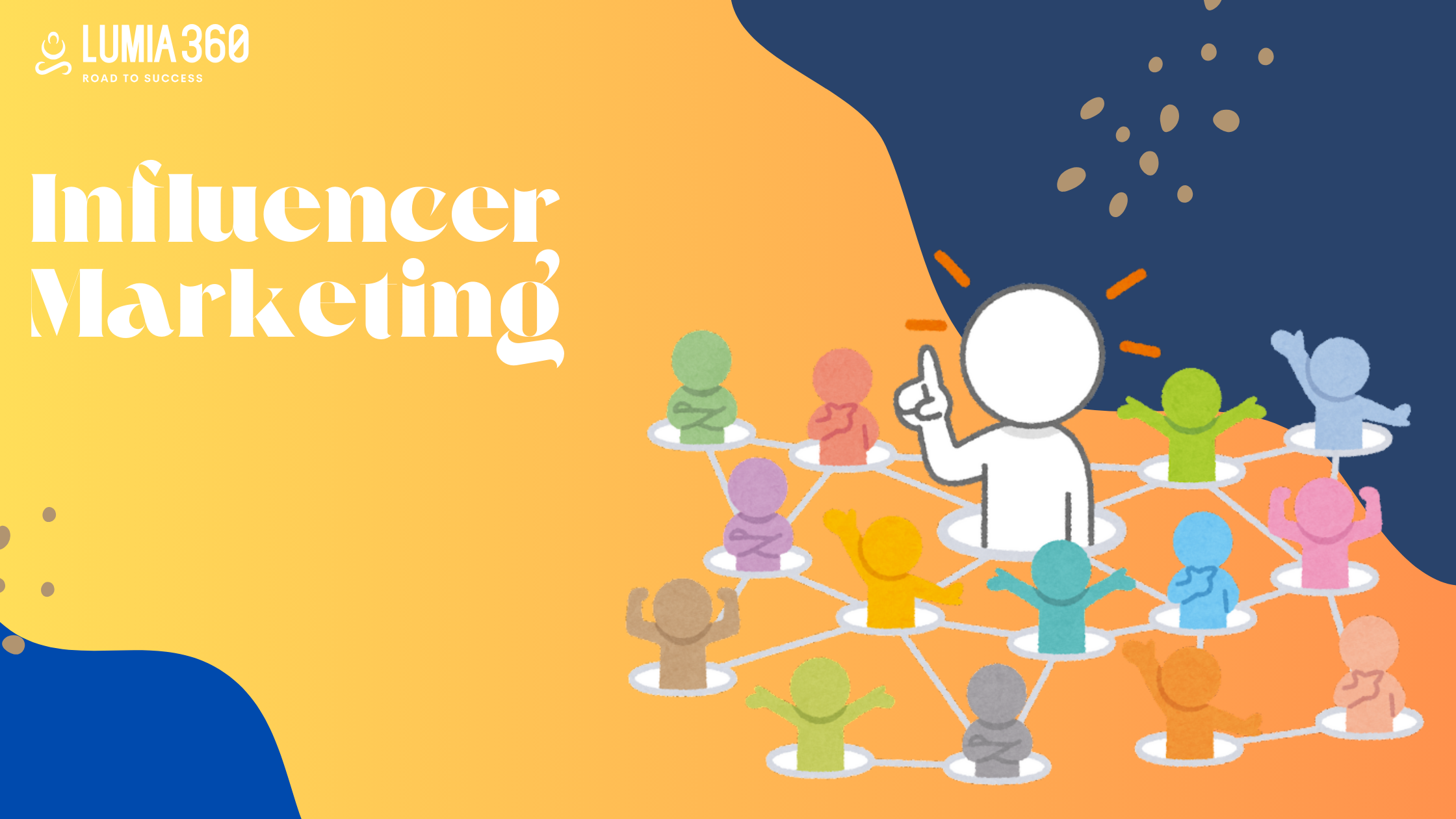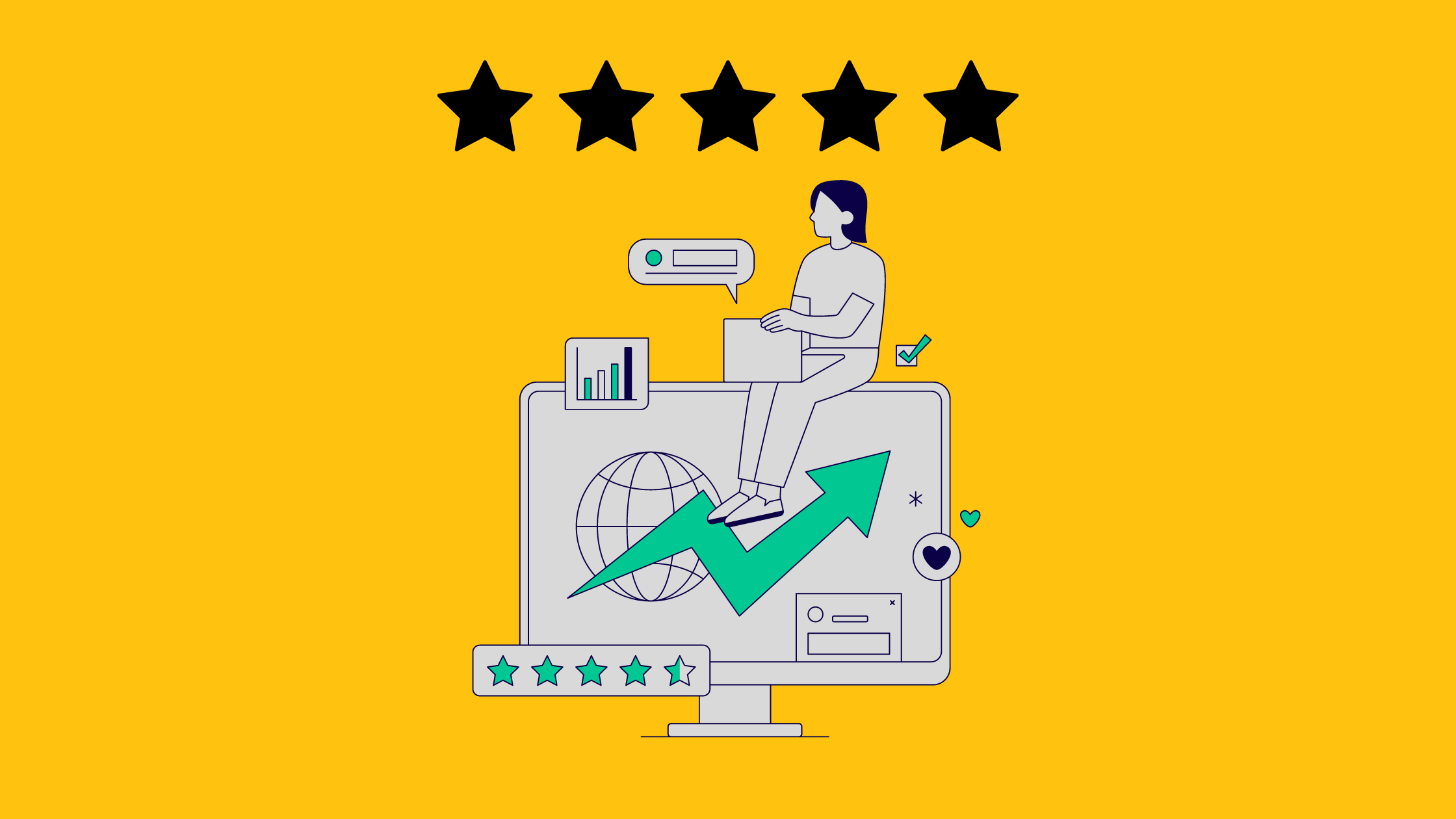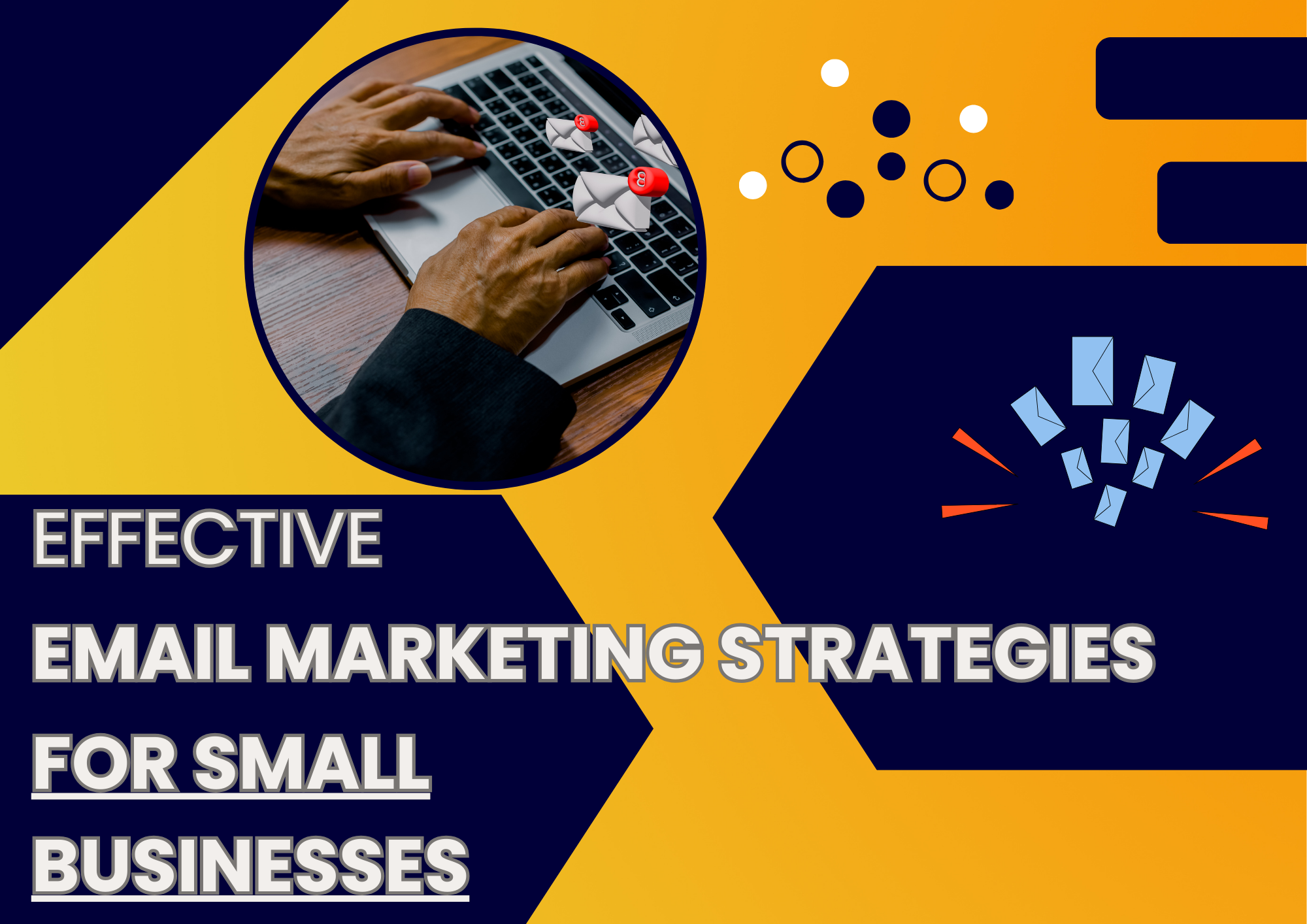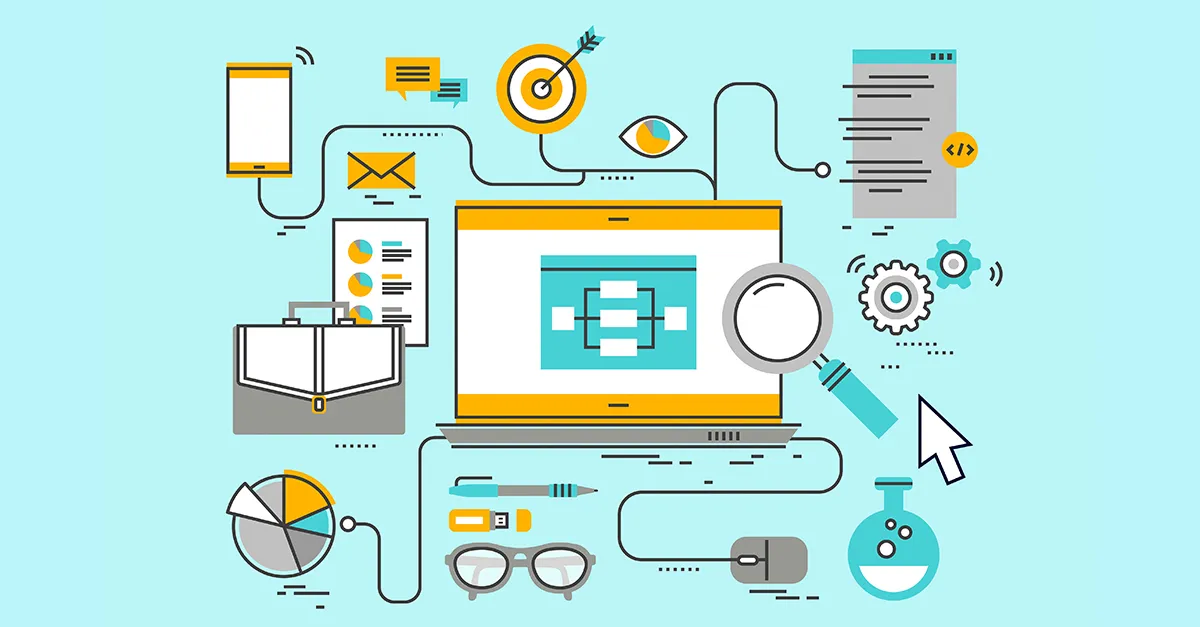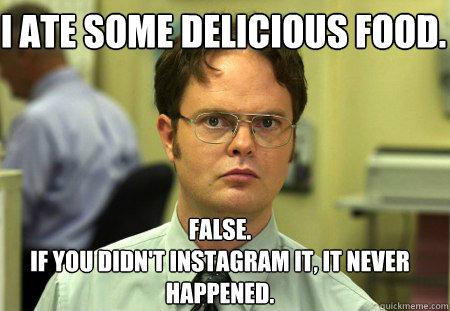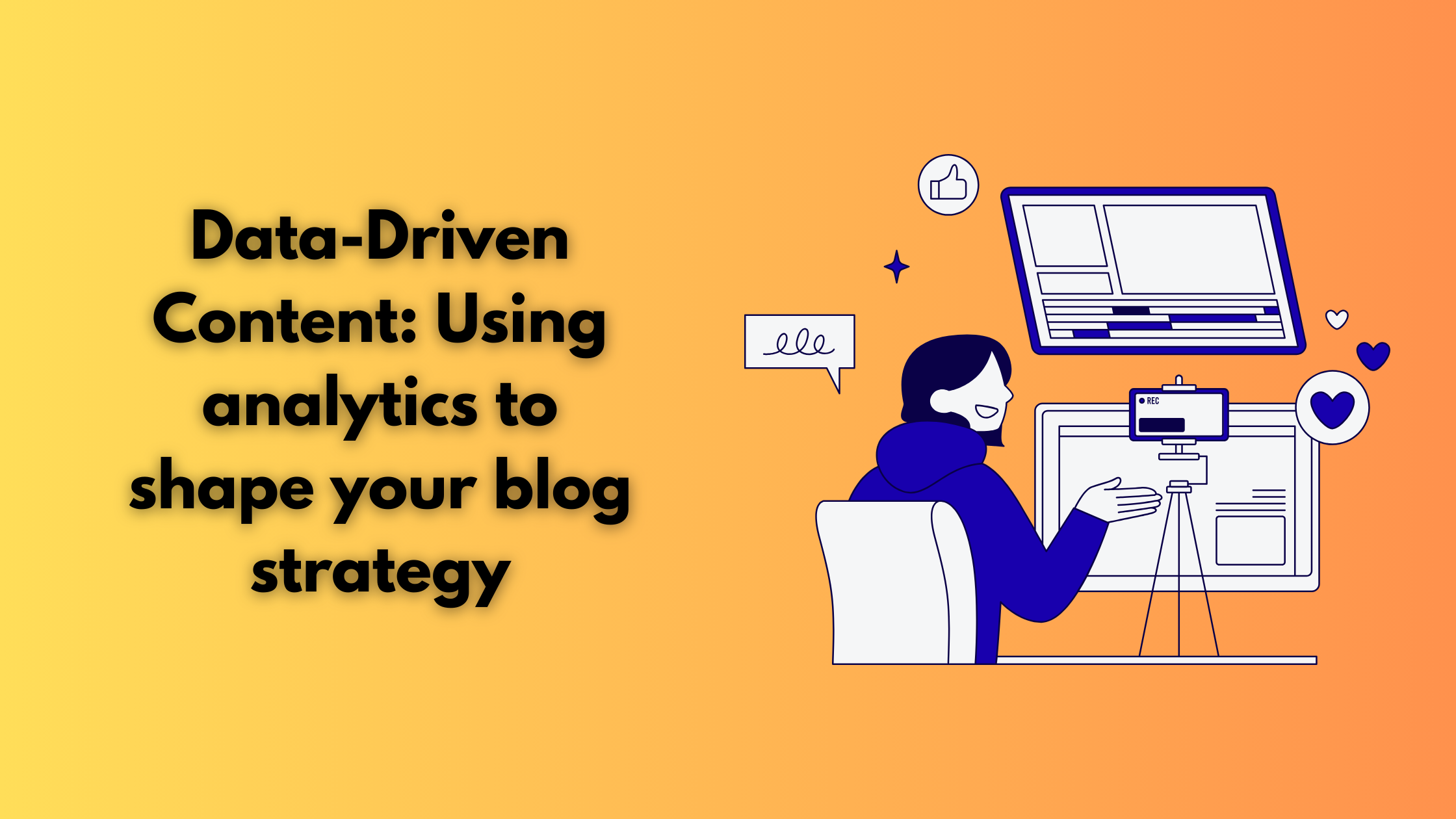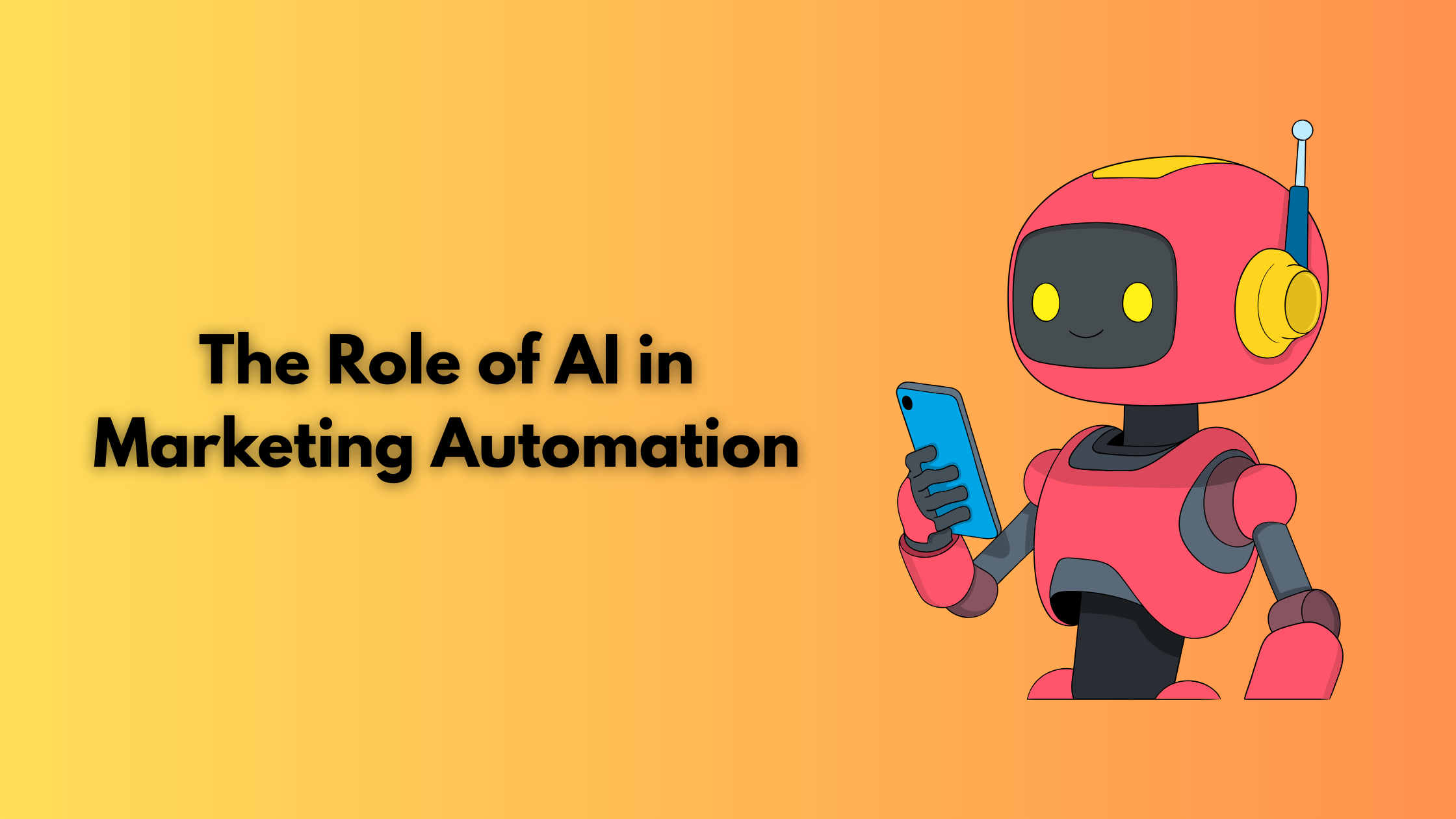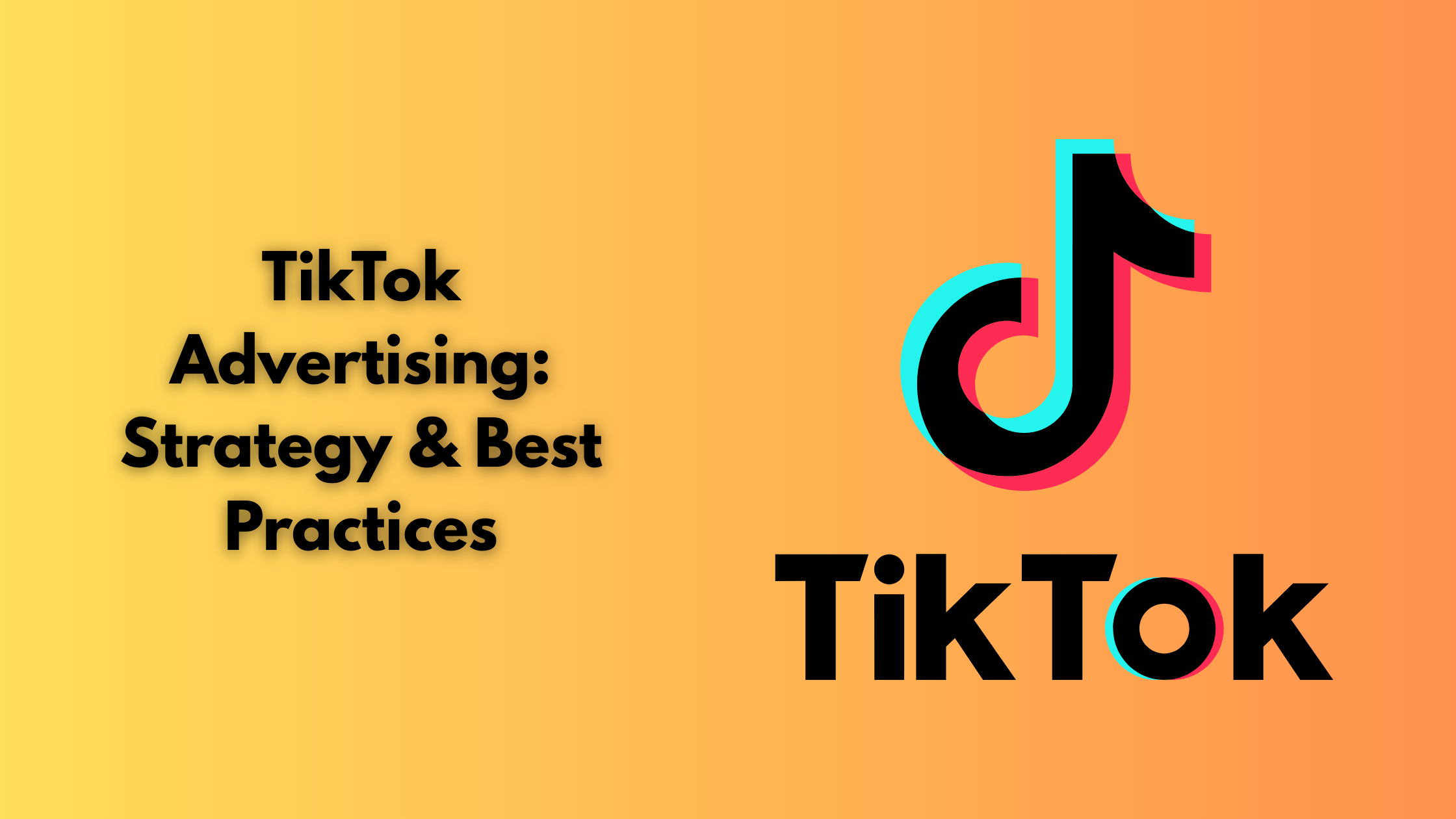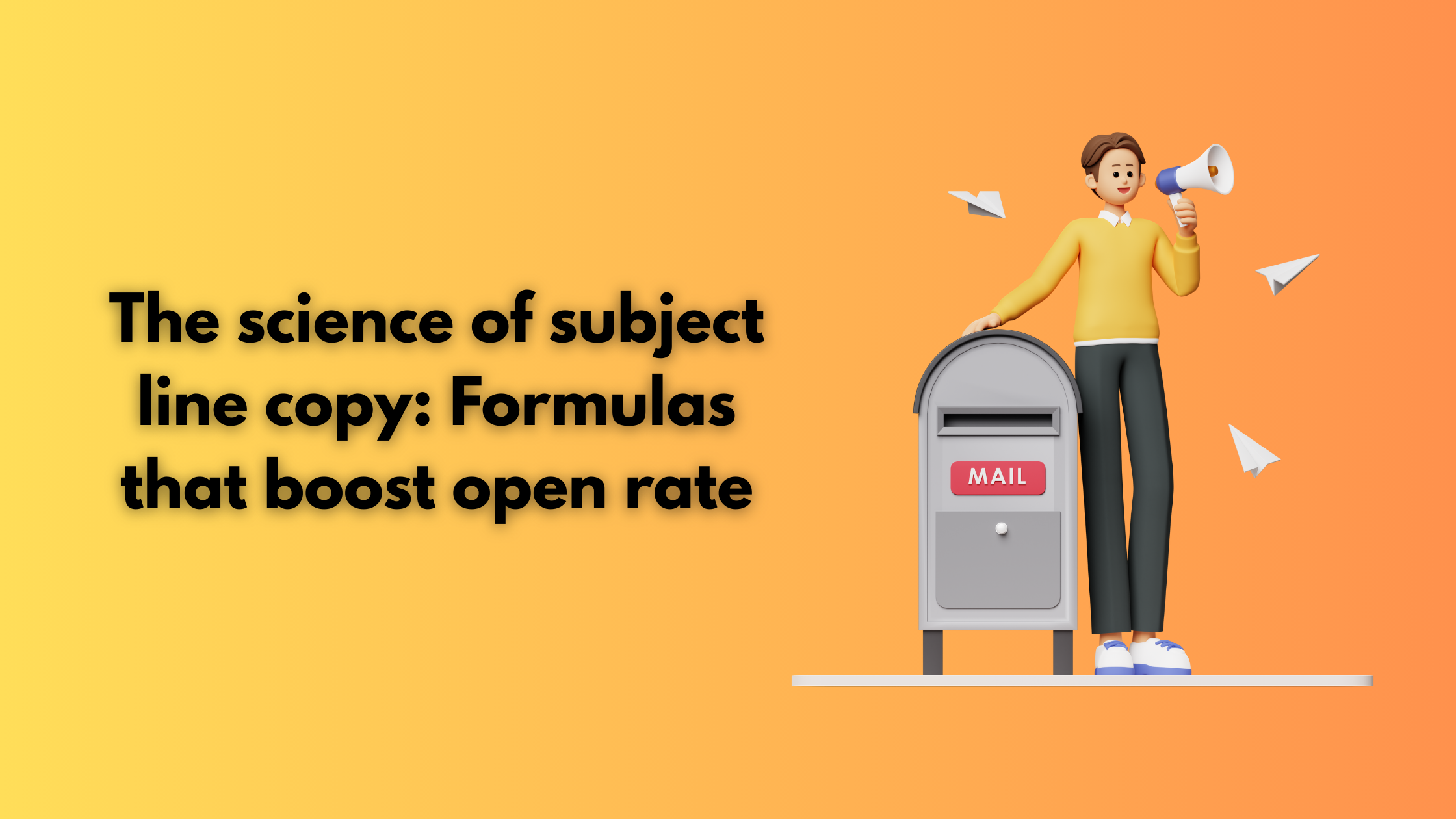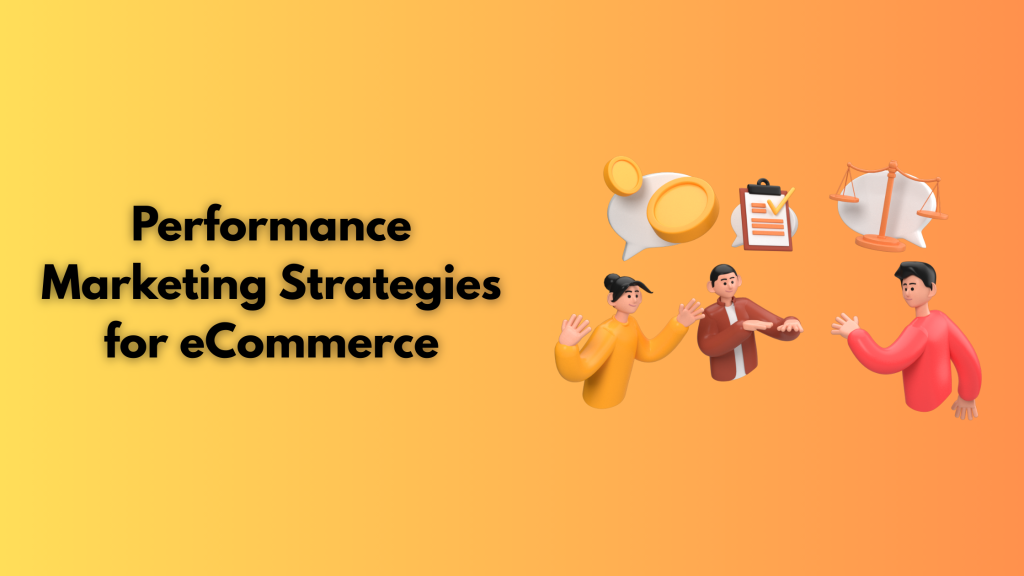
In 2021, worldwide digital advertising spending was $455.3 billion. Statista predicted that this number will increase over the next couple of years. This shows how new forms of advertising are emerging. Performance marketing helps measurably boost e-commerce performance. In 2023, advertising and market spending worldwide grew by five percent to over $1.65 trillion. Major e-commerce stores in the United States collectively spent $3.5 billion on advertising.
In the competitive world of e-commerce, effective marketing strategies are important for your business to drive more traffic, conversions, and build long-term loyalty. Performance marketing for e-commerce simply means digital marketing efforts where advertisers pay for strategies that can generate sales and boost brand loyalty.
In this blog, we’ll learn what performance marketing is for eCommerce, and strategies to boost its performance, also, how affiliate marketing and performance marketing are different!
What is Performance Marketing for e-commerce?
Performance marketing is a marketing strategy that depends on the measurable aspects of a campaign, such as conversion rate and clicks. It is a result-driven approach to digital marketing. Here, advertisers only pay when specific outcomes or actions are achieved. These actions can be anything like clicks, leads, etc. Performance marketing relies on various channels such as affiliate marketing, social media advertising, email marketing, etc. It also provides data of the various channels such as pay-per-click, search engine optimization, etc, to promote eCommerce companies, boost brand loyalty, and generate sales.
Strategies to boost eCommerce Performance

Here are some of the strategies to boost eCommerce performance. Some of these strategies are
- Email Marketing: E-commerce companies can expect 30% revenue from email marketing. If email marketing accounts for 35 %+ revenue, then the top of the funnel gets broken. Email marketing enhances all other types of marketing as well, such as SEO, Paid ads, etc.. You can follow this email sequence for better results, ascension sales, abandoned cart, post-purchase follow-up, replenishment series, customer winback, product education series, and loyalty program.
- Search Engine Optimization: SEO is the process of improving your e-commerce website in order to increase your visibility in search engine results. To enhance the seo, you must improve the technical SEO, collect high-quality backlinks, and generate engaging content. Backlinks help in improving the authority of your website. All these aspects together improve the lead generation.
- Content Marketing: Your e-commerce includes more information than just a product listing. Consistent blogging with search-optimized content helps your website rank well for the targeted keywords. For e-commerce websites, low-volume bottom-of-the-funnel content is where conversions happen. Content at this stage helps in persuading the customers. The product is highlighted more directly at this stage. Once the content for the bottom of the funnel, like conversion-focused product page, case studies, reviews, etc, is created, you can move to another stage in the sales funnel.
- Paid Advertising: Advertisers pay search engines like Google and Yahoo to run these ads. They also pay whenever someone clicks on the links in the ad. This advertising model is called pay-per-click. Social media companies such as Facebook, LinkedIn also offer PPC advertising. Paid ads can be a useful tool for generating sales, but in the long term, they’re not an affordable method. E-commerce sales will stop coming in when you stop paying for the ad.
- Influencer Marketing: It is very similar to paid advertising. However, here you pay the content creator who has a similar target audience to you. Influencers have a strong connection with their target audience. Hence, their recommendations act like social proof. By collaborating with influencers, you can co-create content that builds brand awareness and enhances sales. You can integrate your influencer campaign with other aspects of your marketing strategy. Use key metrics such as impressions, brand mentions, etc, to track its performance.
- Social Media Marketing: You can use your brand voice on social media platforms to promote goods on e-commerce platforms. Discover which social media platform your target audience spends their most time on. Once you have selected the desired platform, post links to your content to boost traffic. Offer a lead magnet to build email lists. Publish customer stories, promote events, etc. Your overall performance marketing goals will dictate your social media platform choices.
Are affiliate marketing and performance marketing the same?

Affiliate marketing is a subset of performance marketing, which includes Email marketing, search marketing, and many other types of marketing where partners exchange sales for commission payouts. Affiliate marketing is the process by which an affiliate earns a commission for marketing another person’s company or product. Affiliates promote the company’s products and earn a profit from the sale of each piece. It is tracked via affiliate links from one website to another.
However, performance marketing aims to improve the performance of the company. Rather than paying the marketing agency only when a sale of a specific product is made, the retailer pays when the affiliate achieves the desired result, which is the target for that campaign. Performance marketing is affiliate marketing at scale, with new technologies and partnerships considered as part of the performance marketing mix.
E-commerce is a competitive industry where a strategy like performance marketing, which is a performance-driven approach, can do wonders for your business. It is the lifeline of an e-commerce business because it helps in predicting what works and what doesn’t. With real-time data, you can make valuable informed decisions, allocate budget and resources effectively, and continuously optimize strategy. It drives relevant traffic to your website. Lumia 360 provides smart digital solutions to businesses. Seo, social media marketing, email marketing, etc, cannot optimize your marketing strategy unless it is guided and executed well. This is the place where we can help you. We will create effective digital marketing strategies for your business, which will be backed by data and current trends. It will increase your lead generation and enhance your online presence.
Read Also: How to Measure the Success of Your Social Media Campaigns



